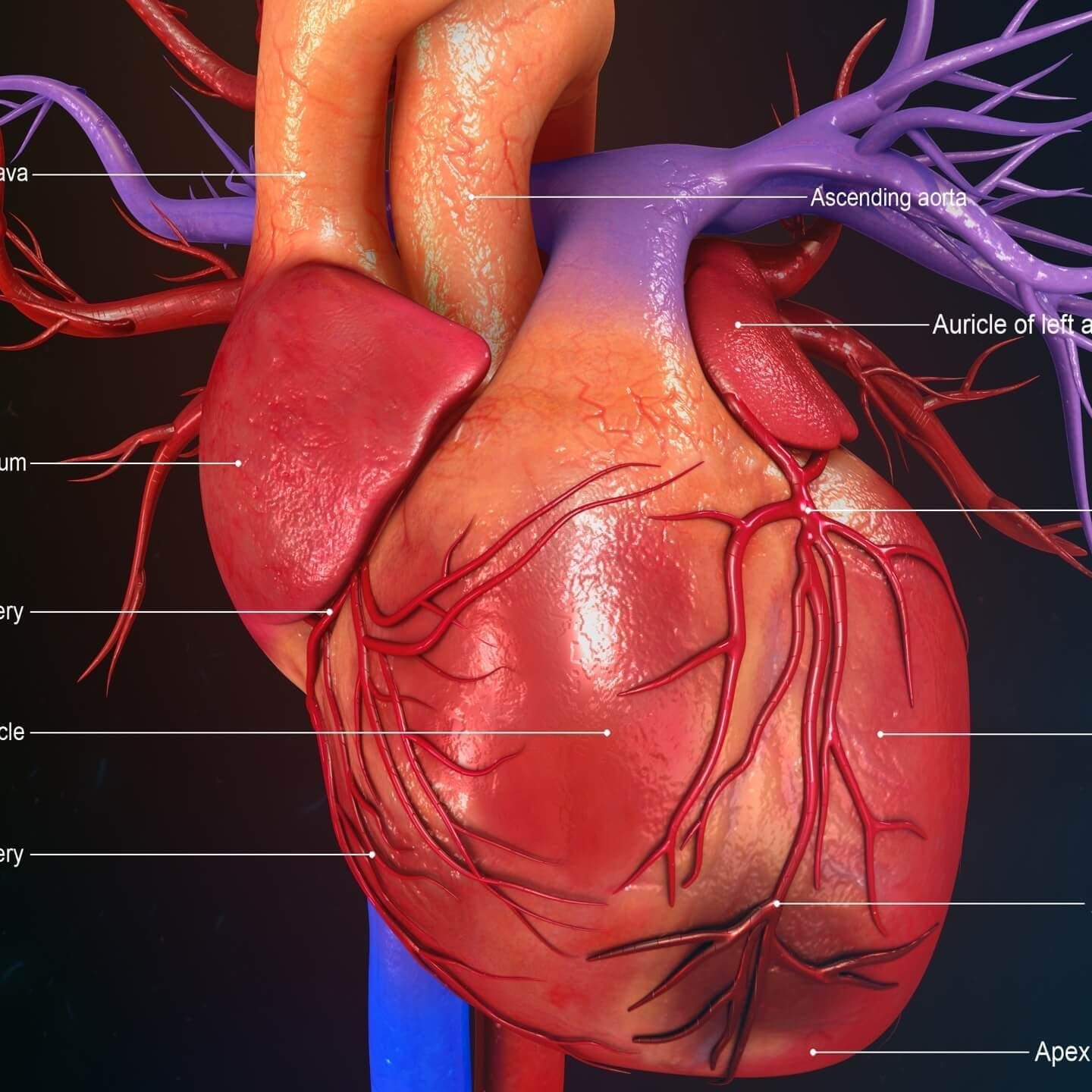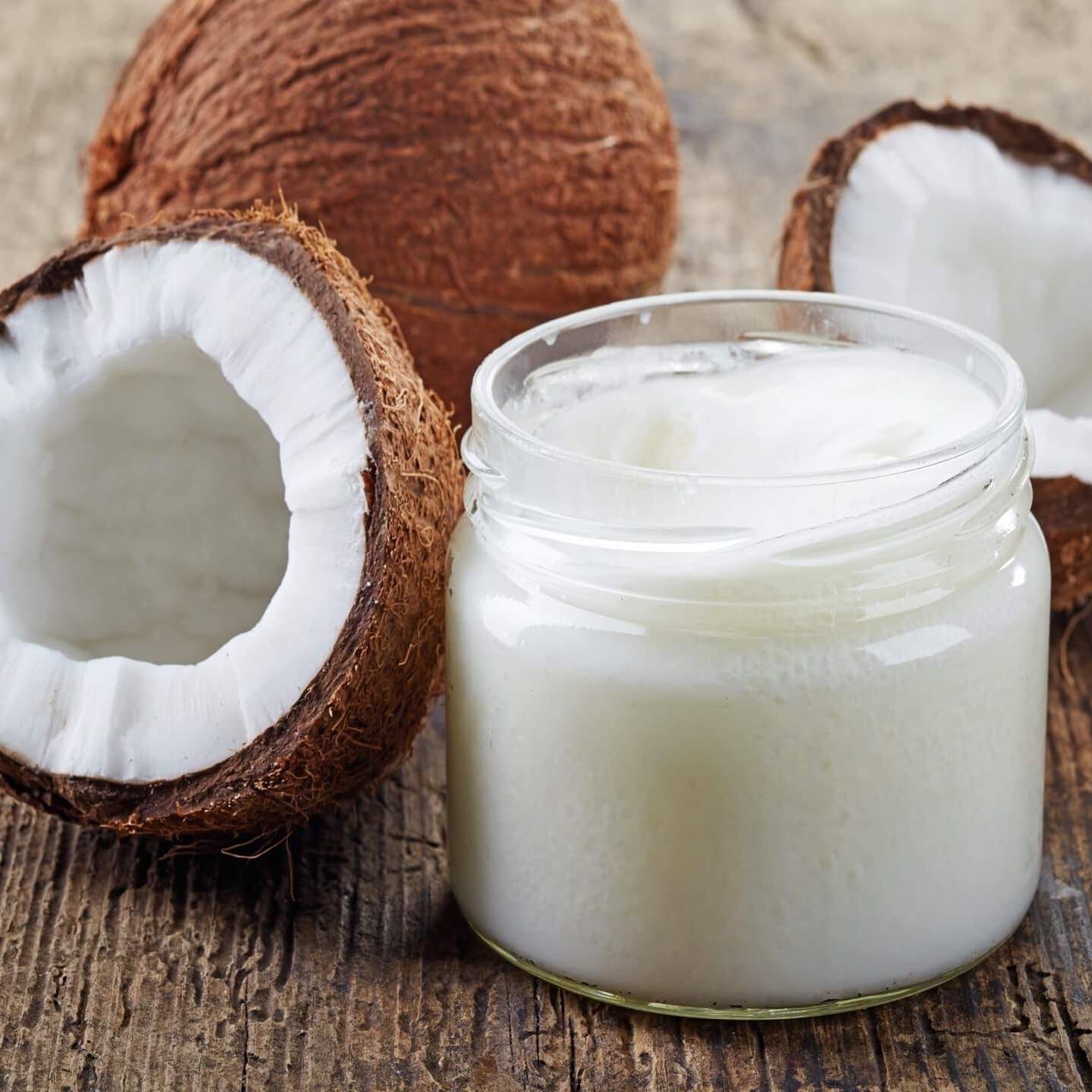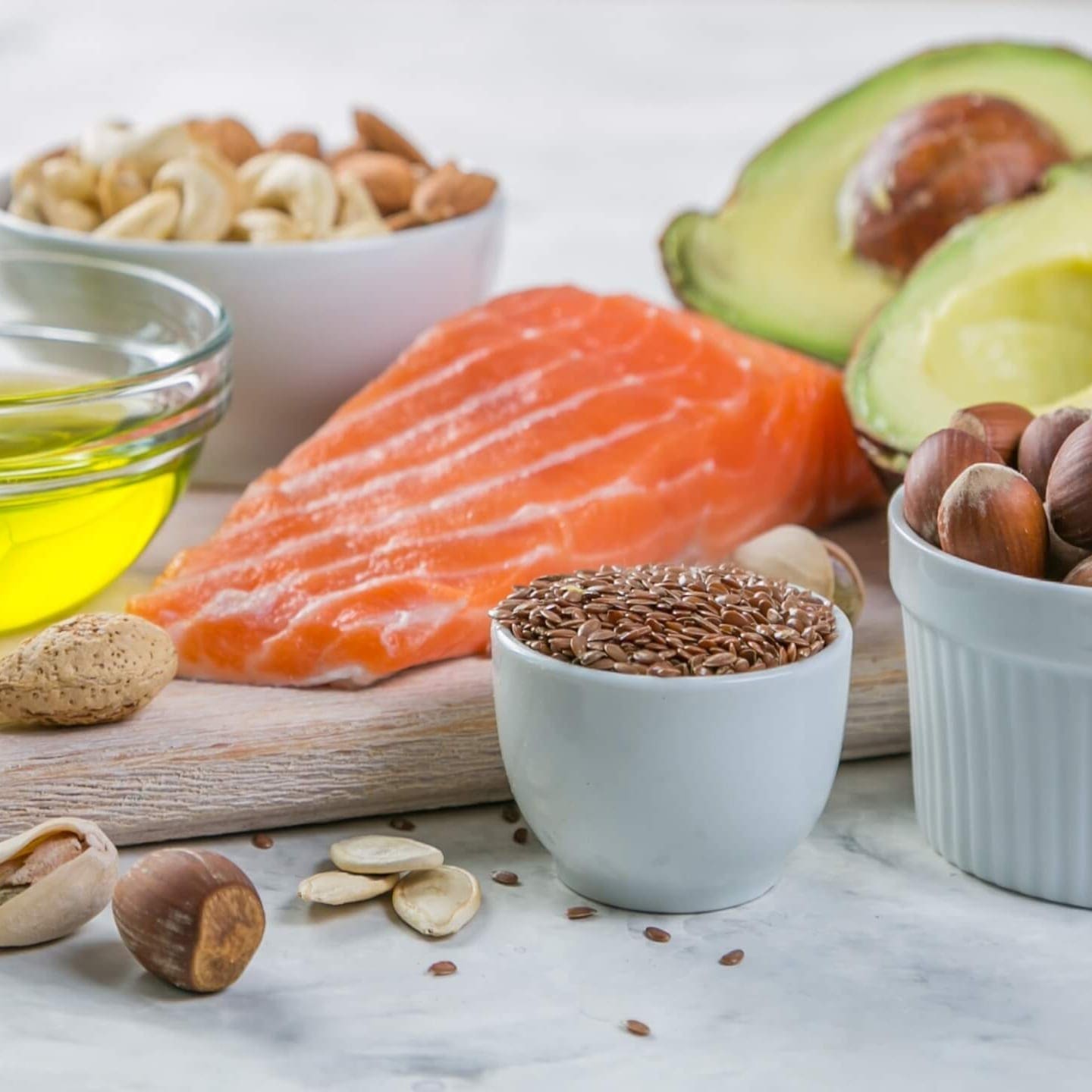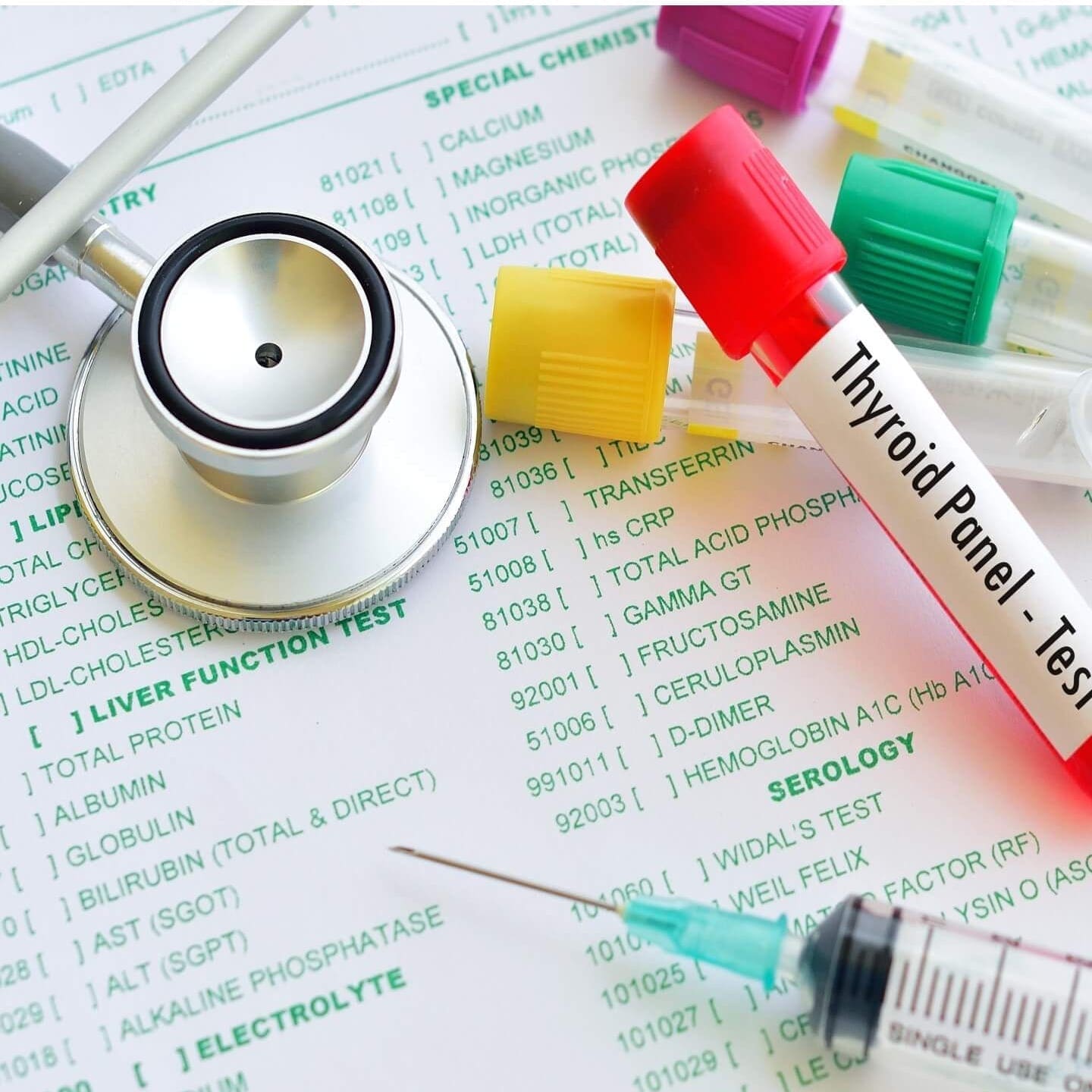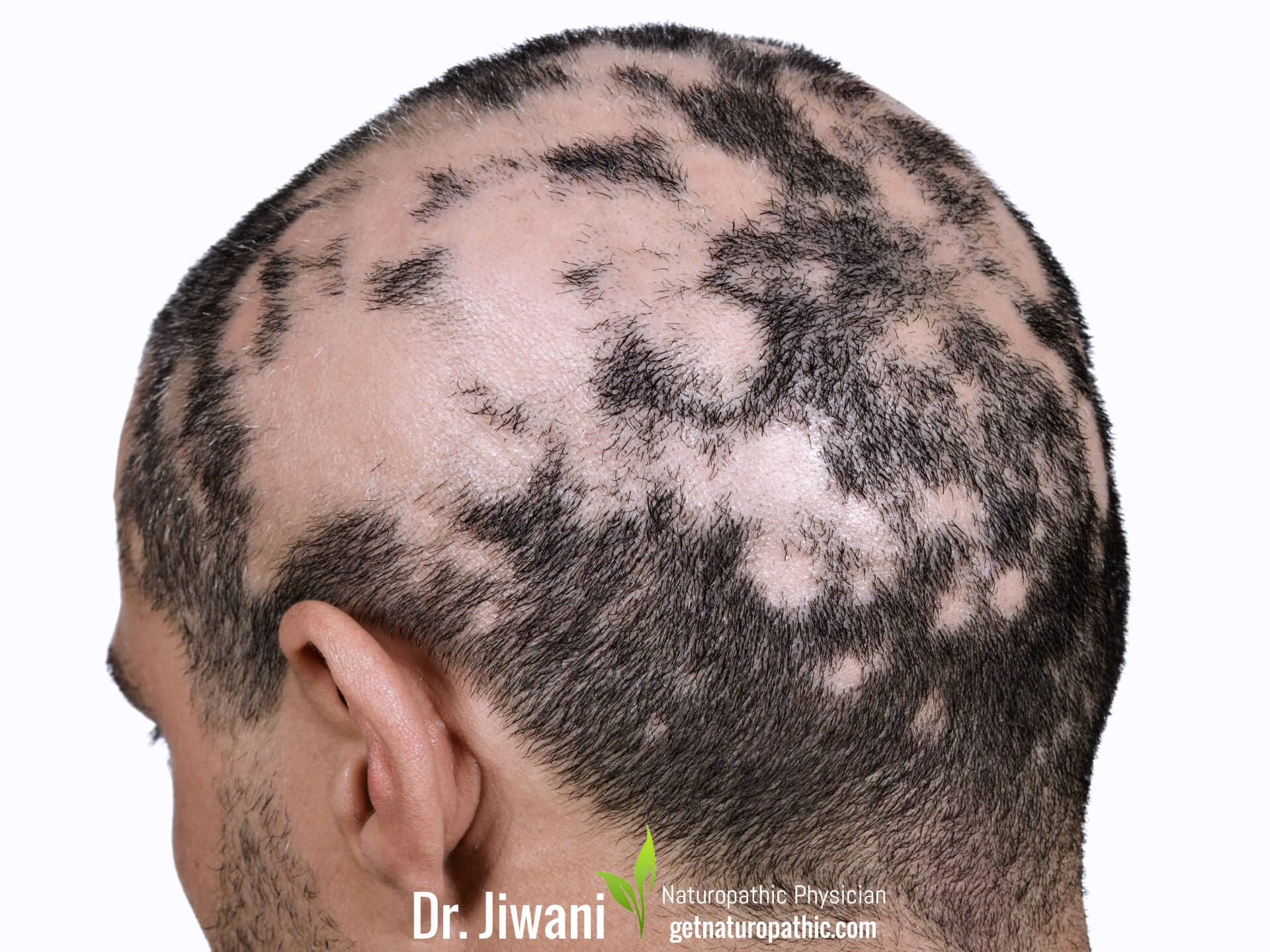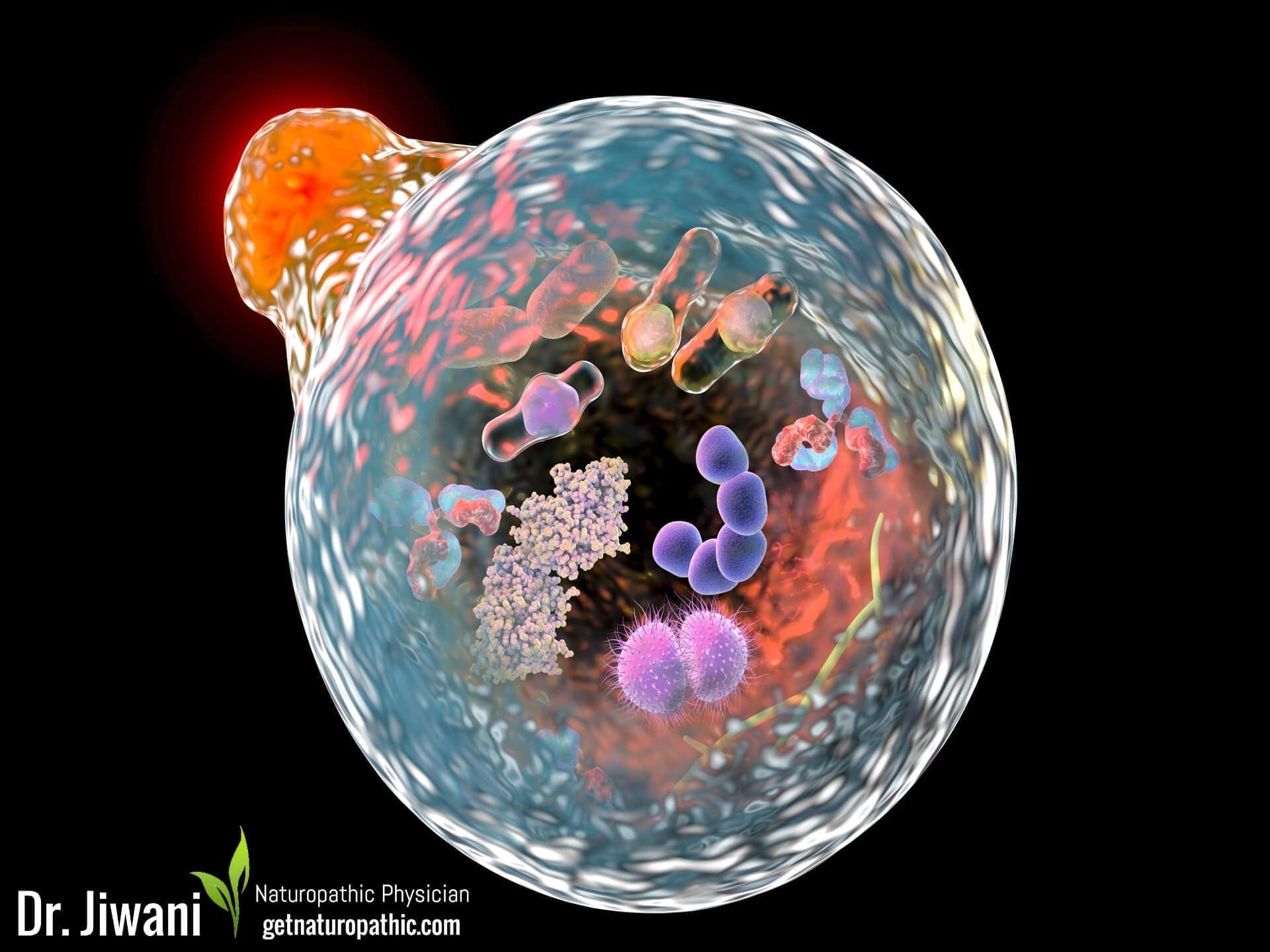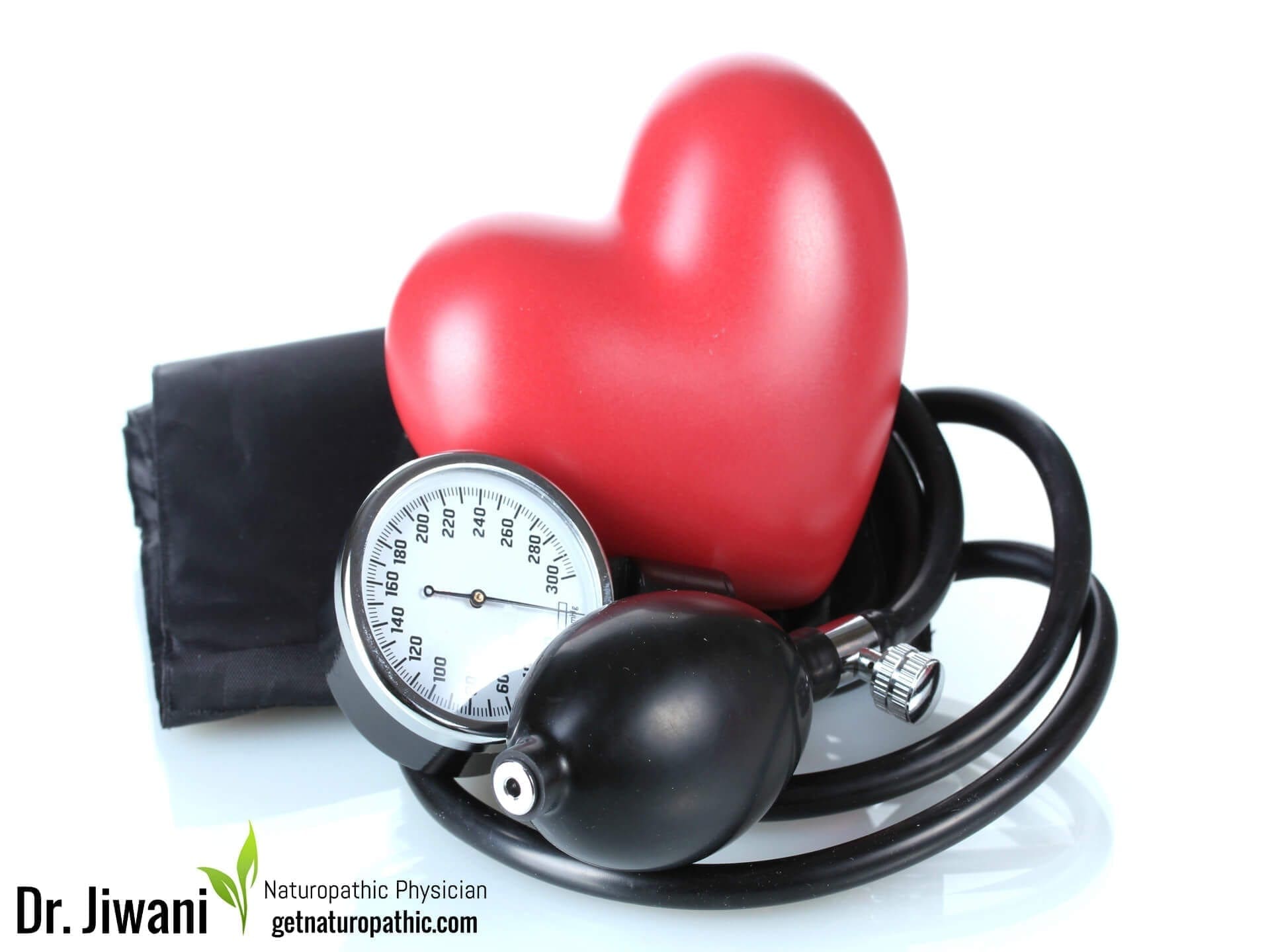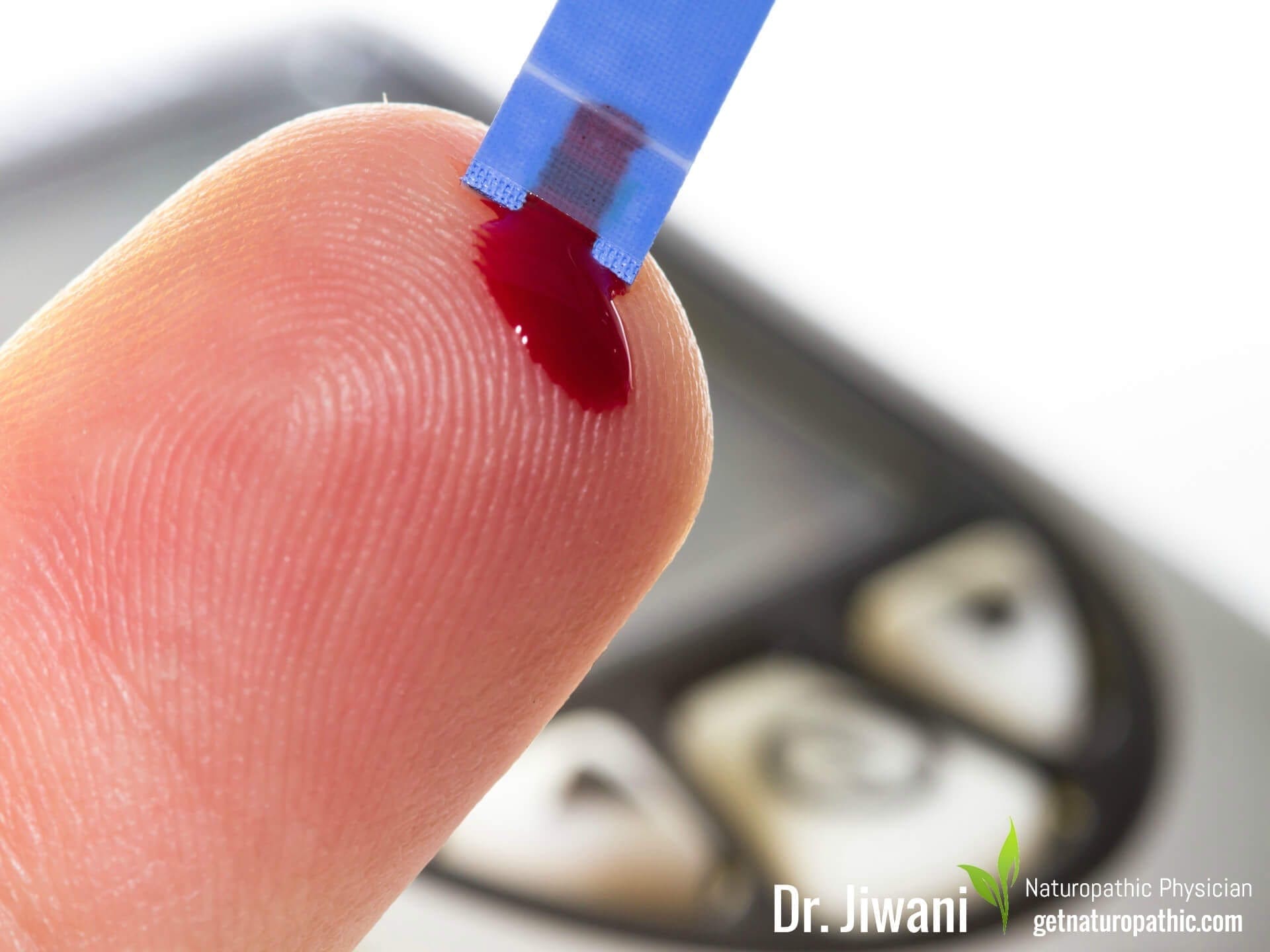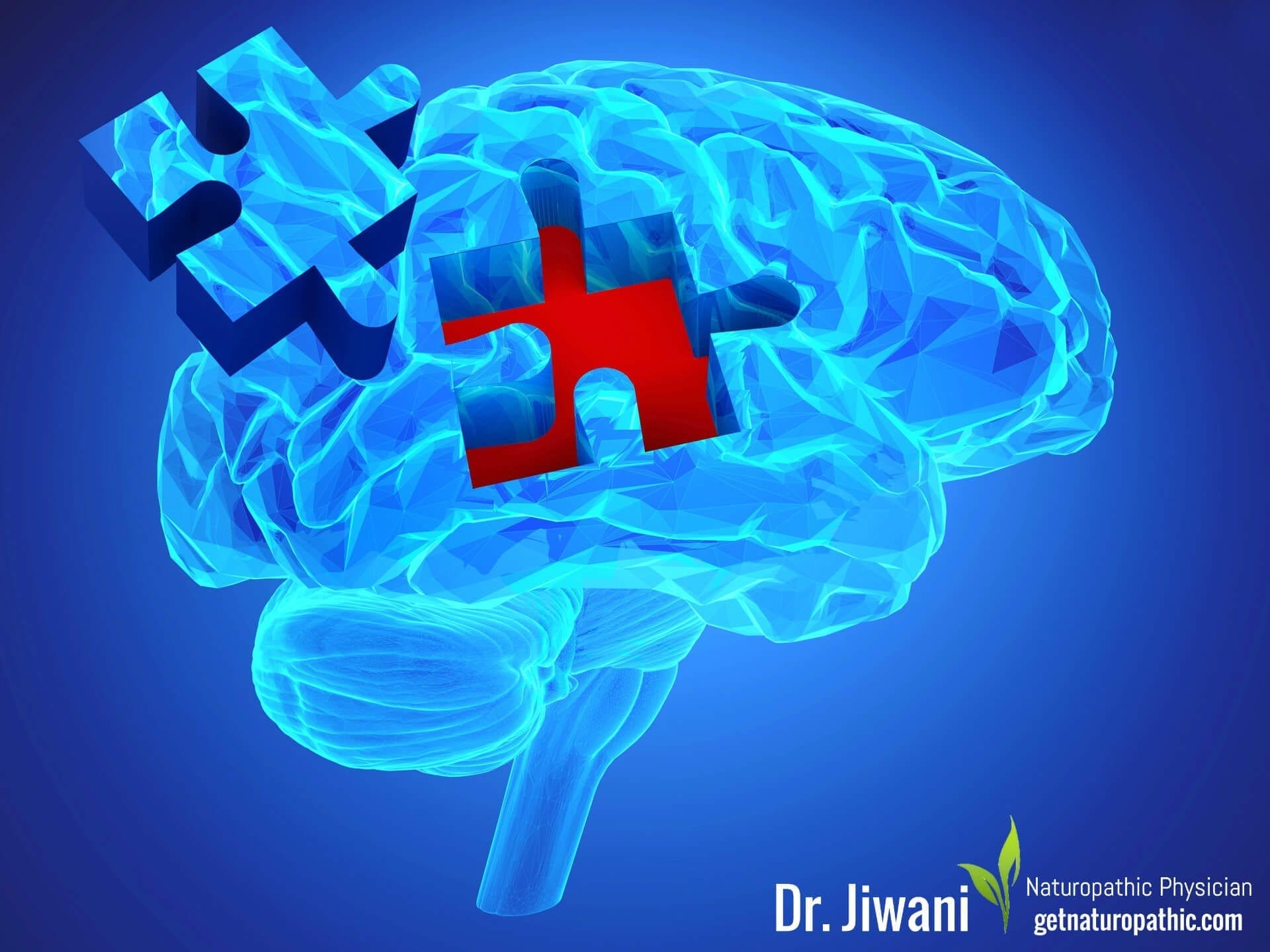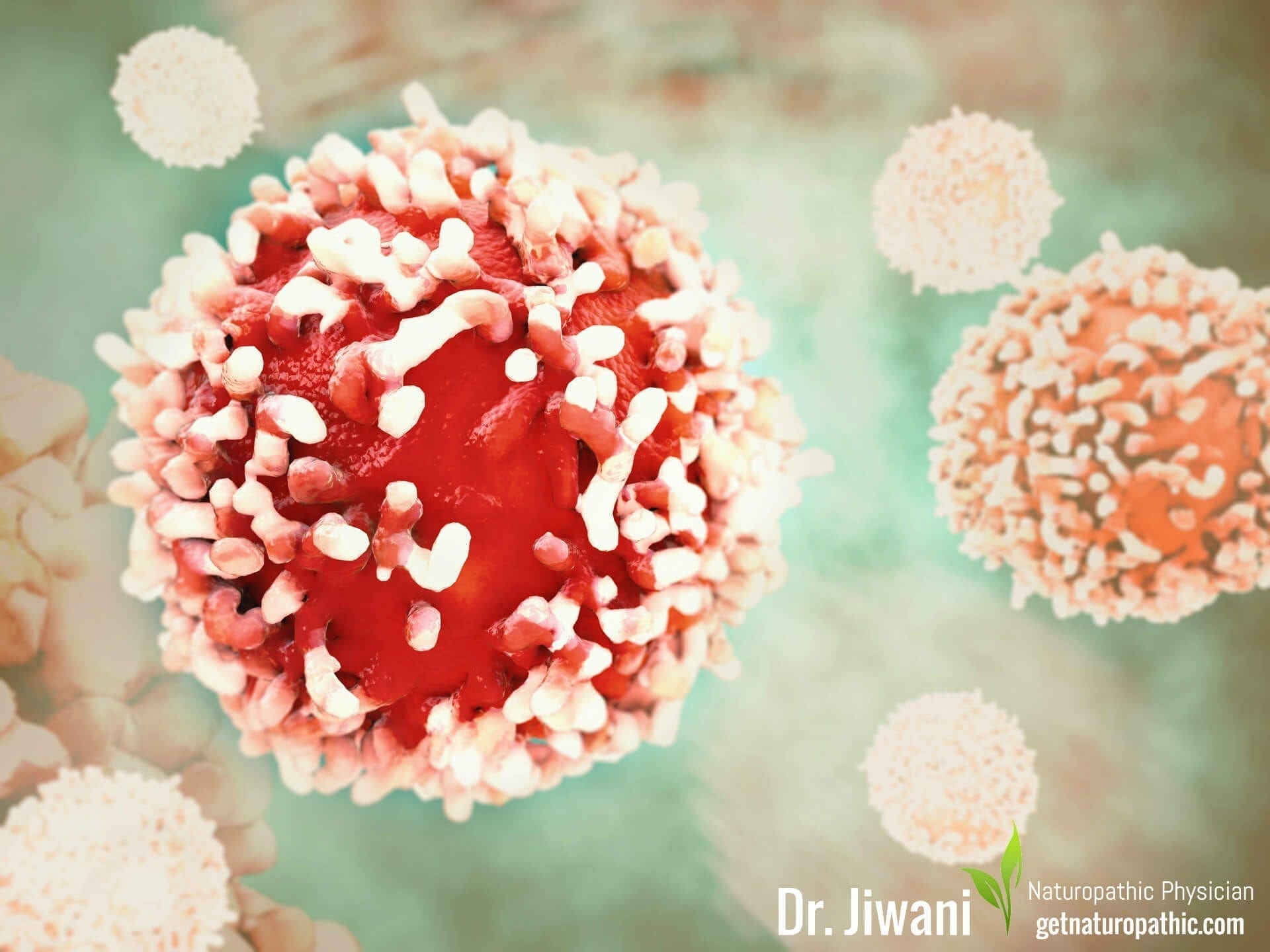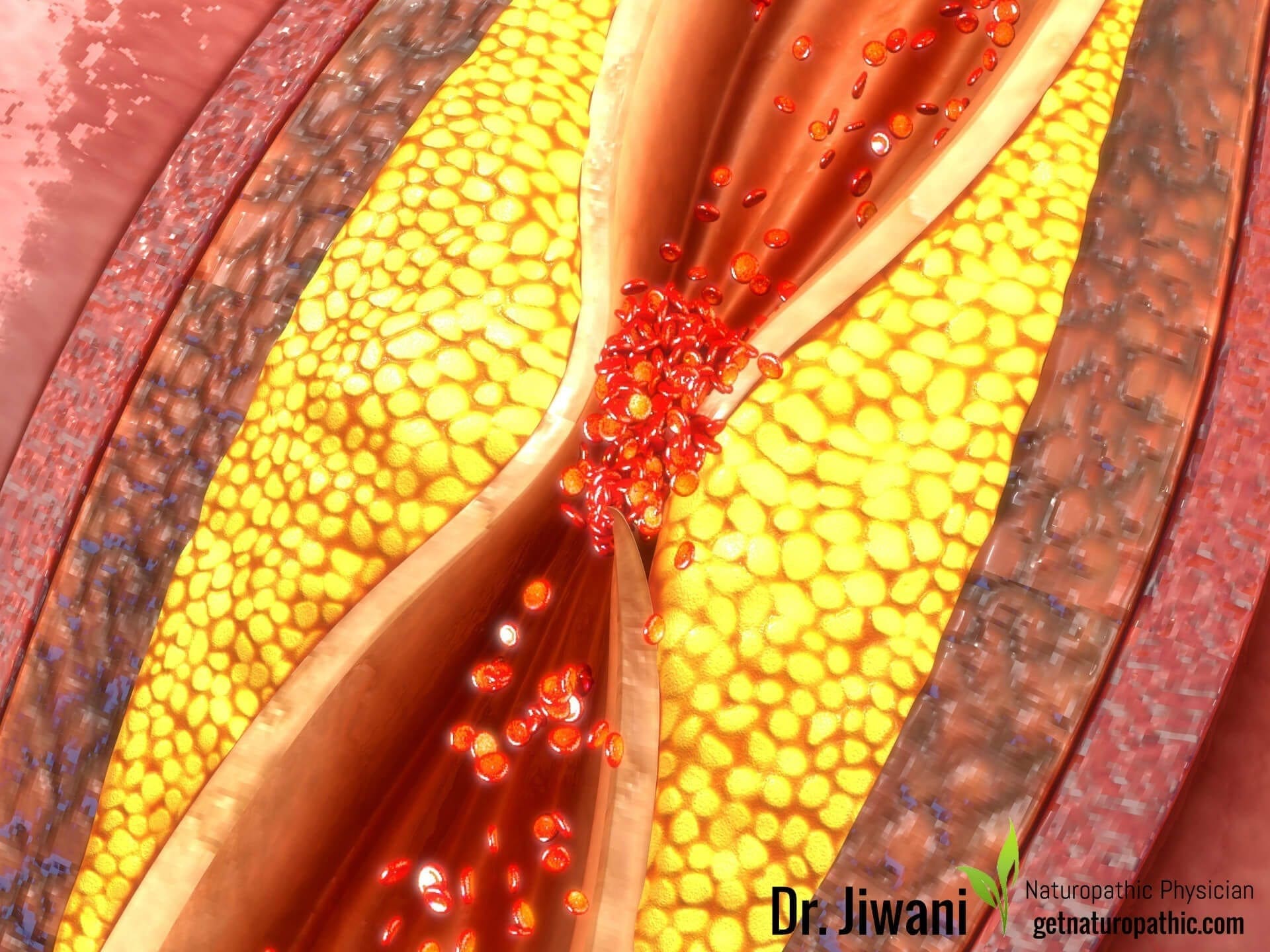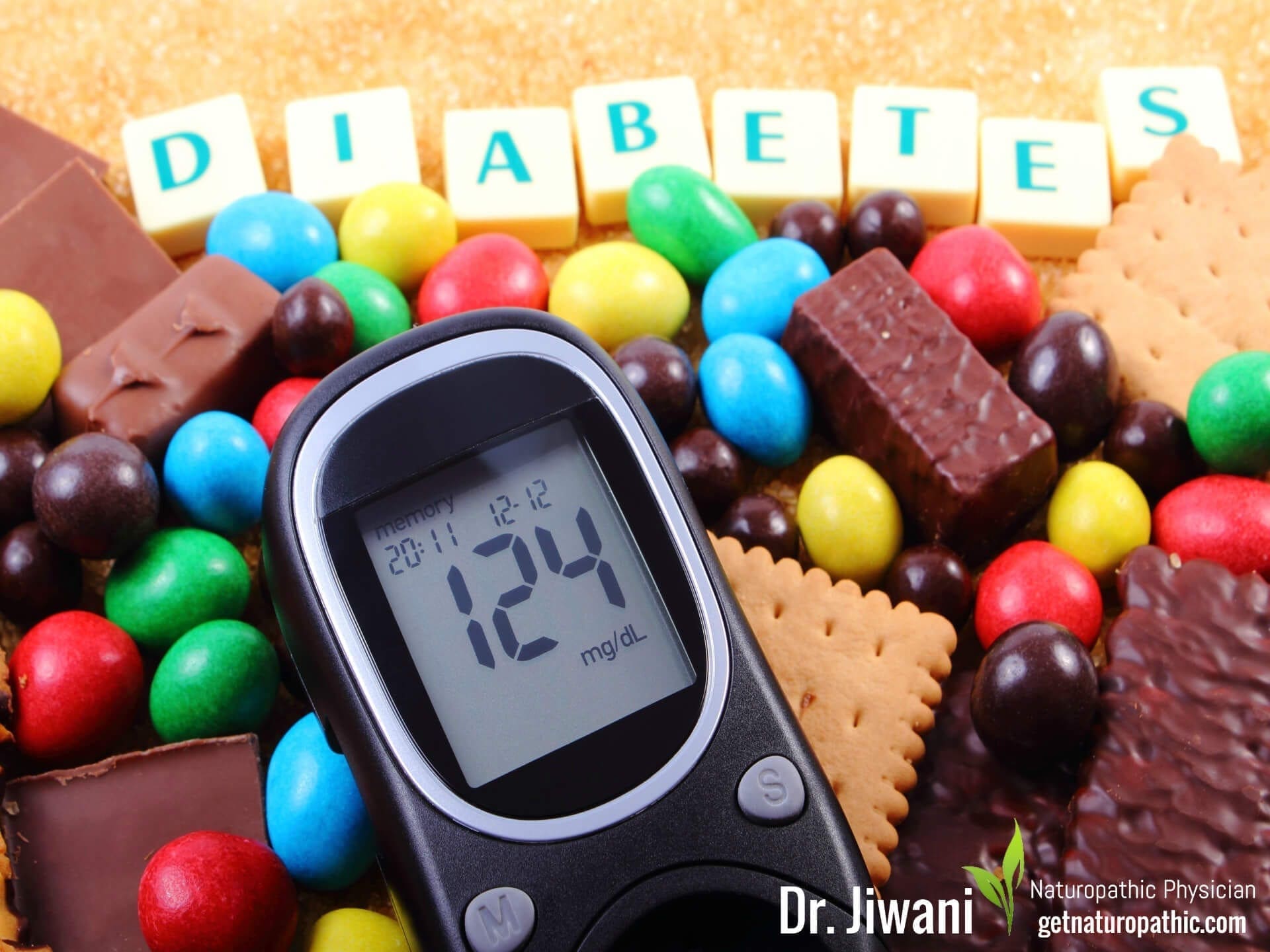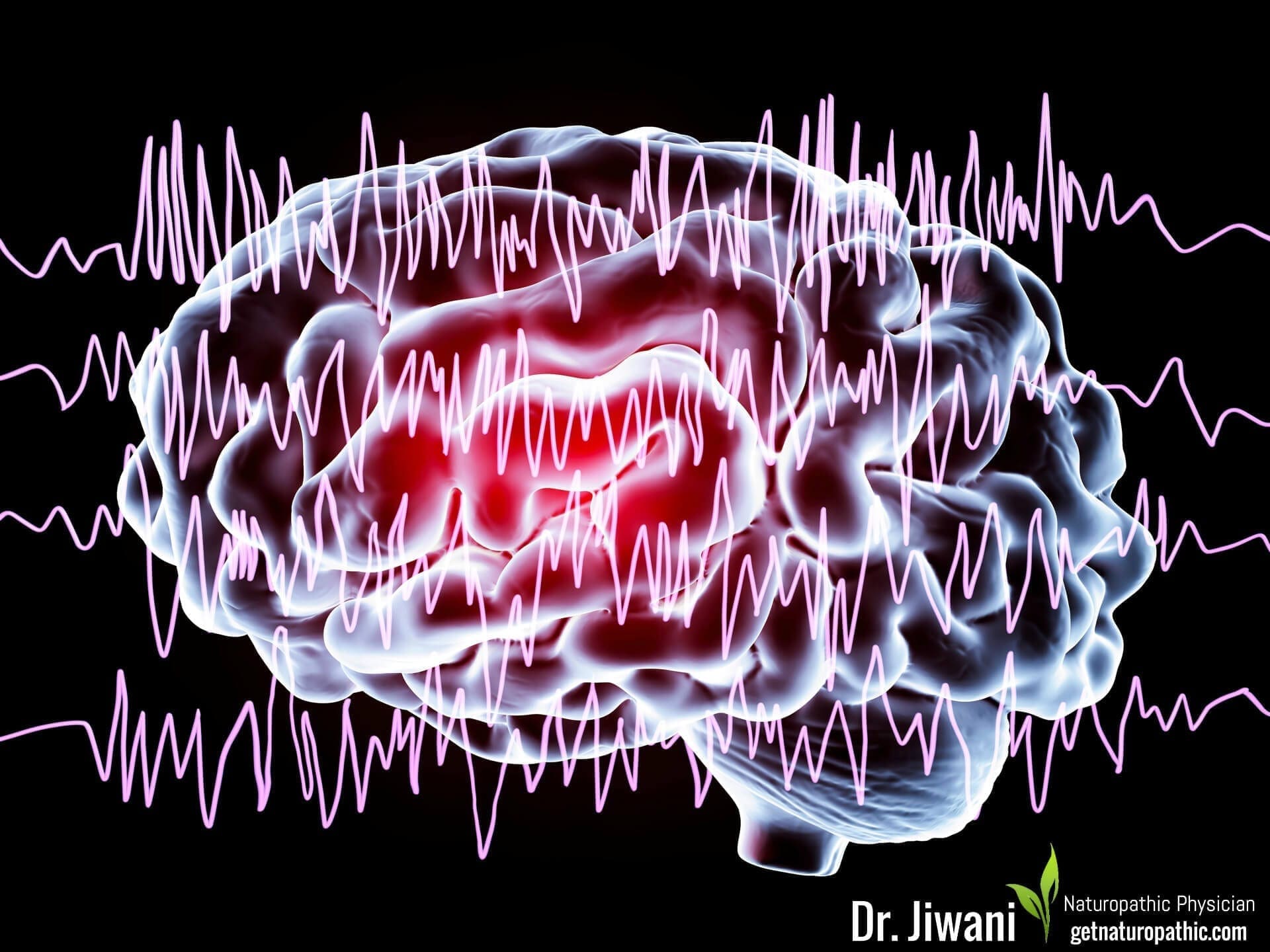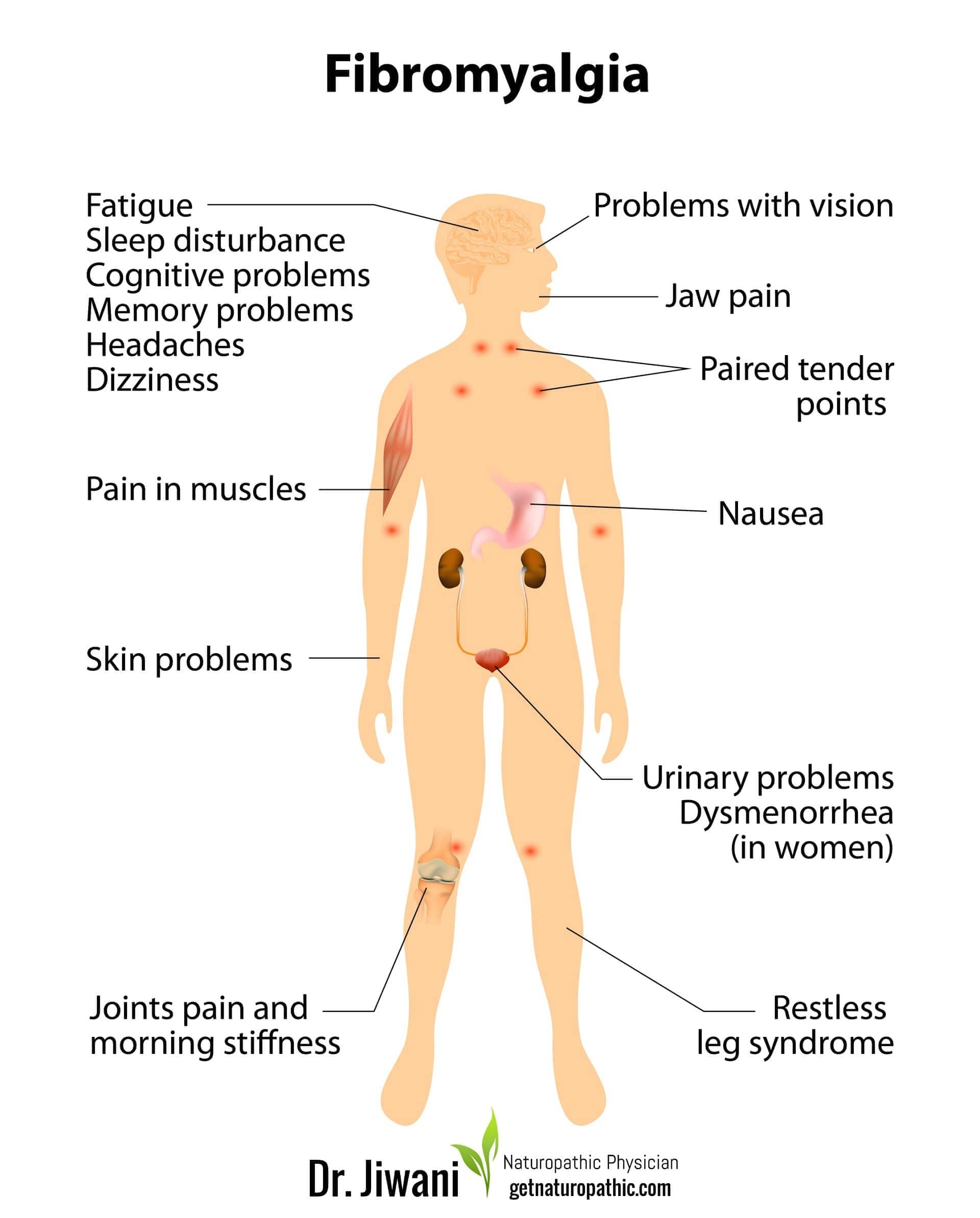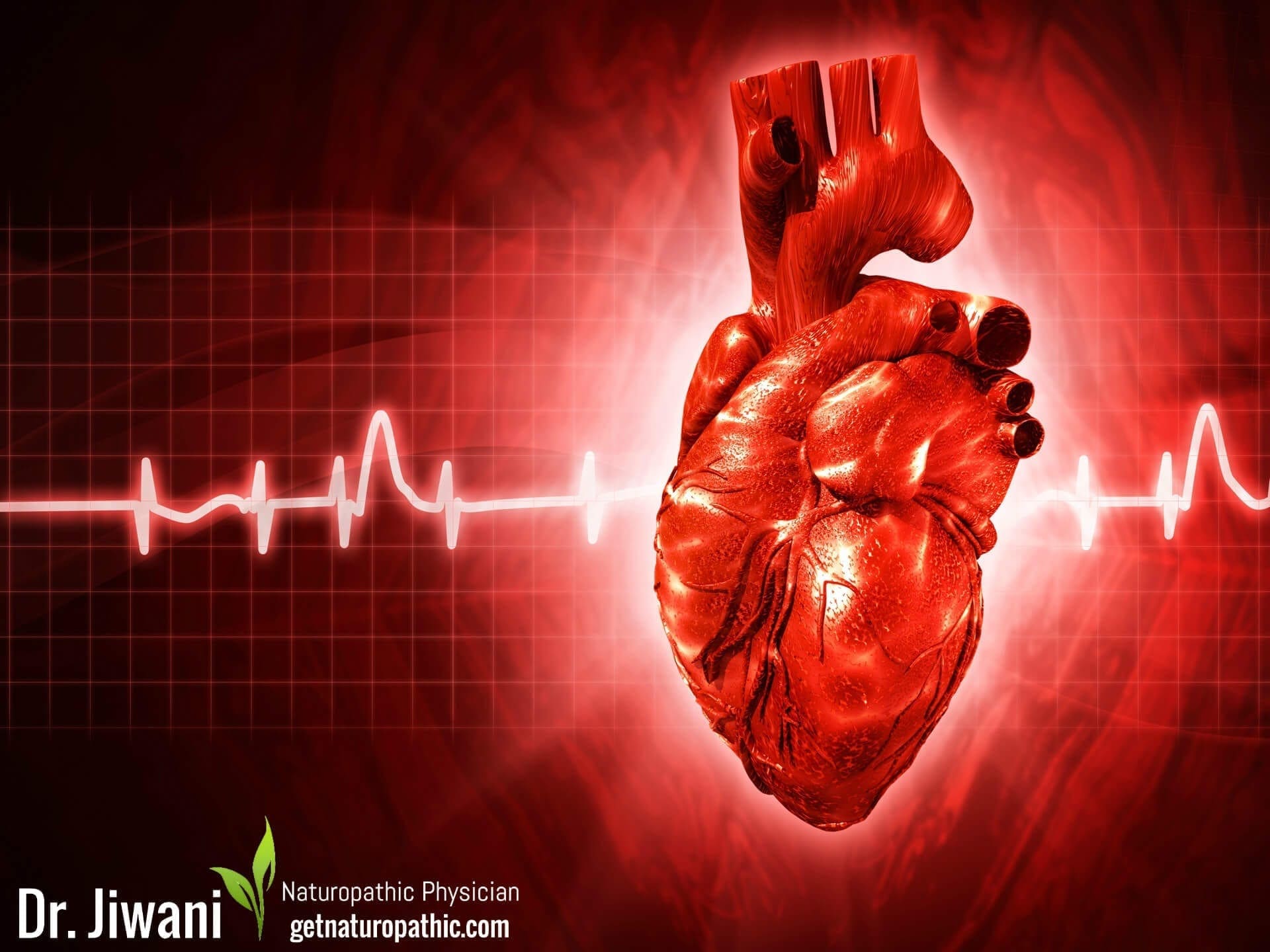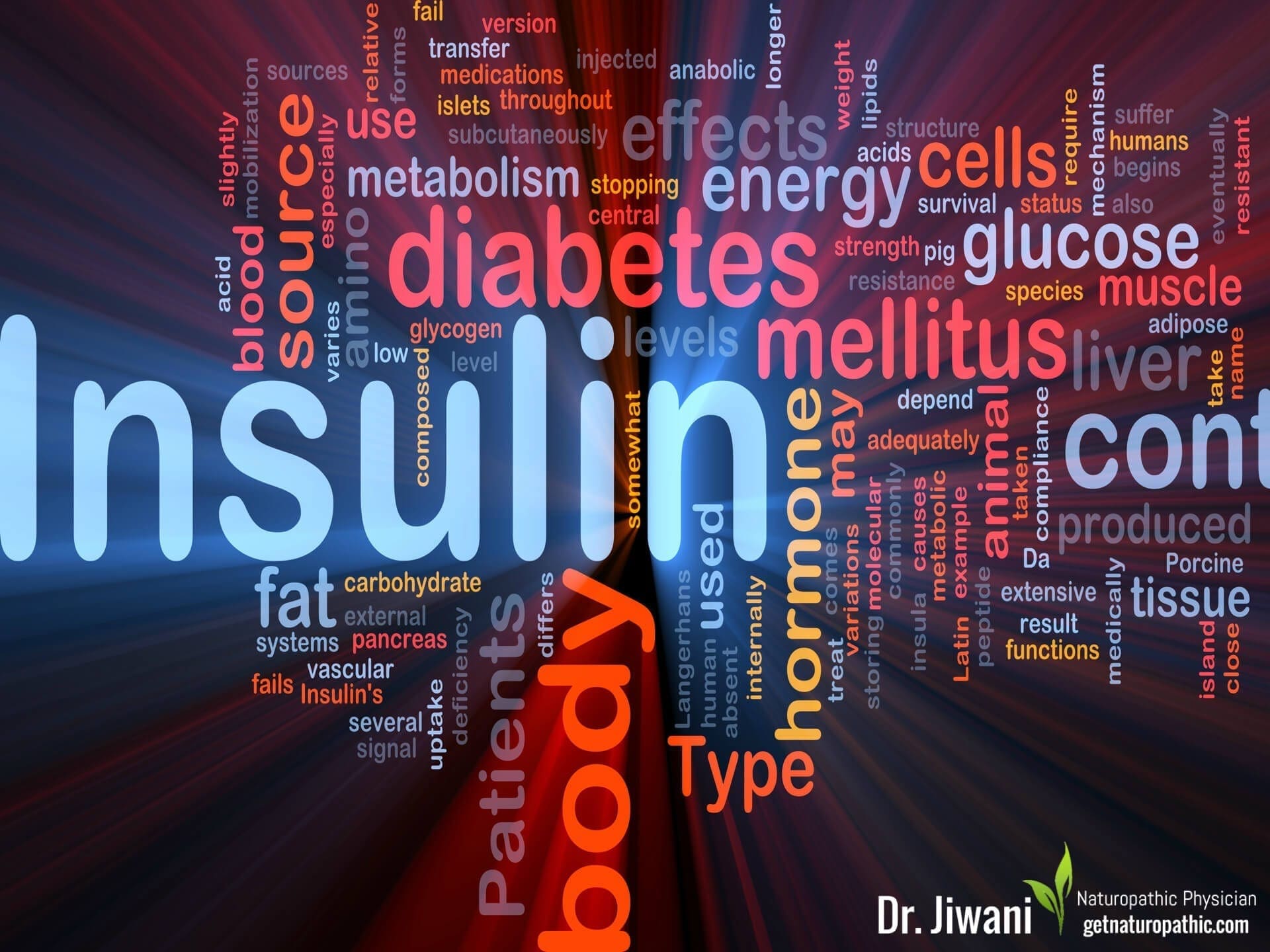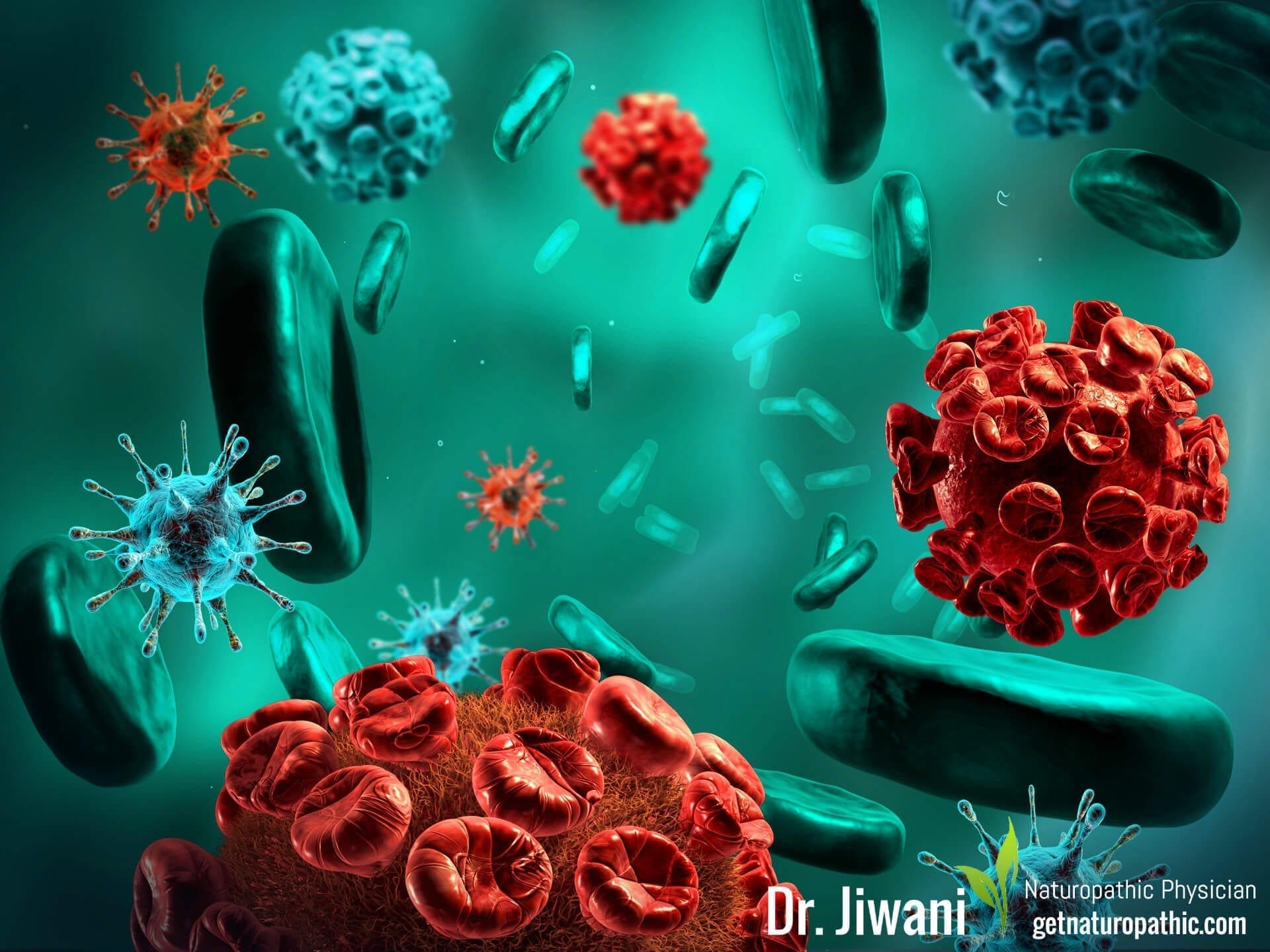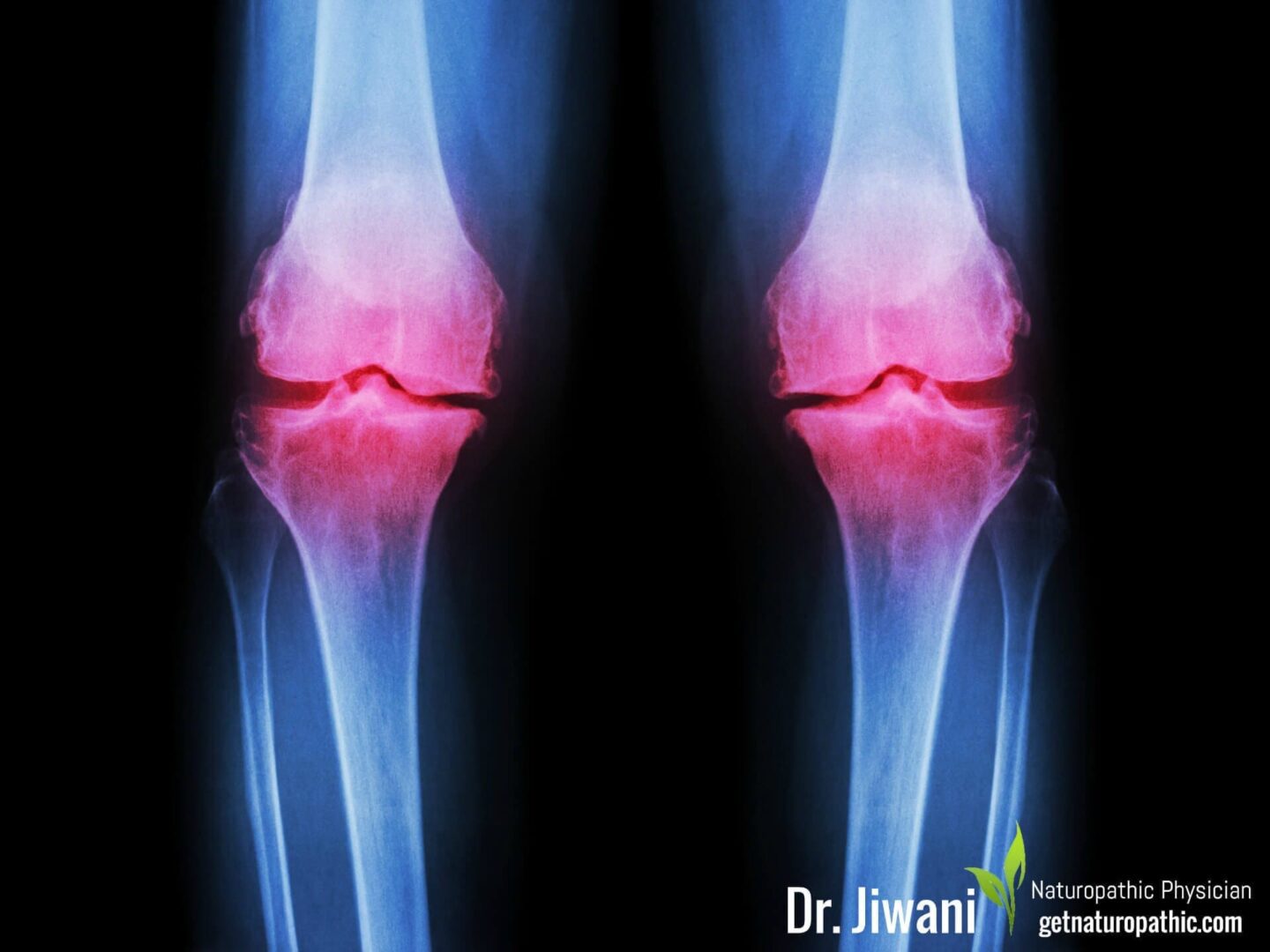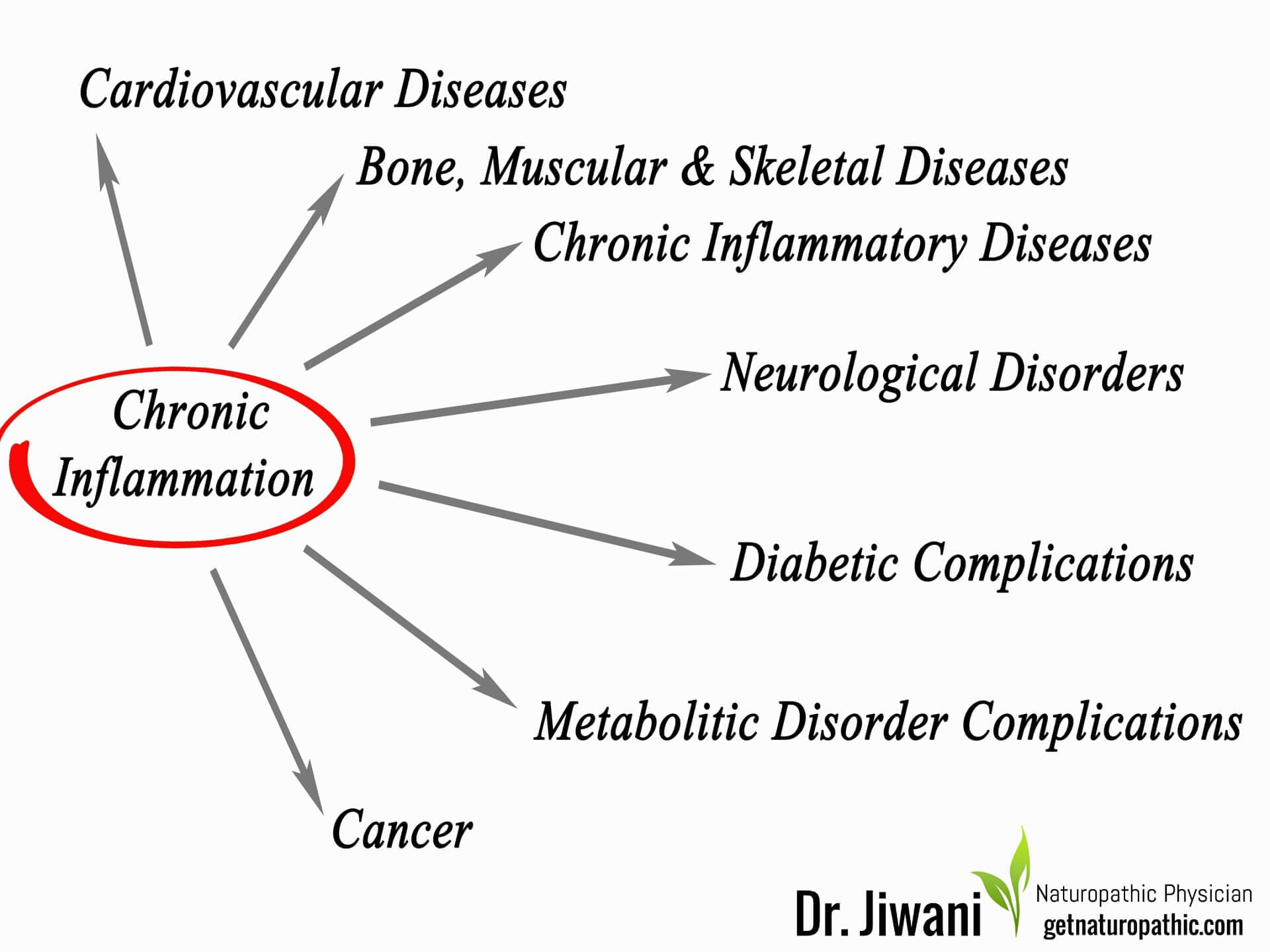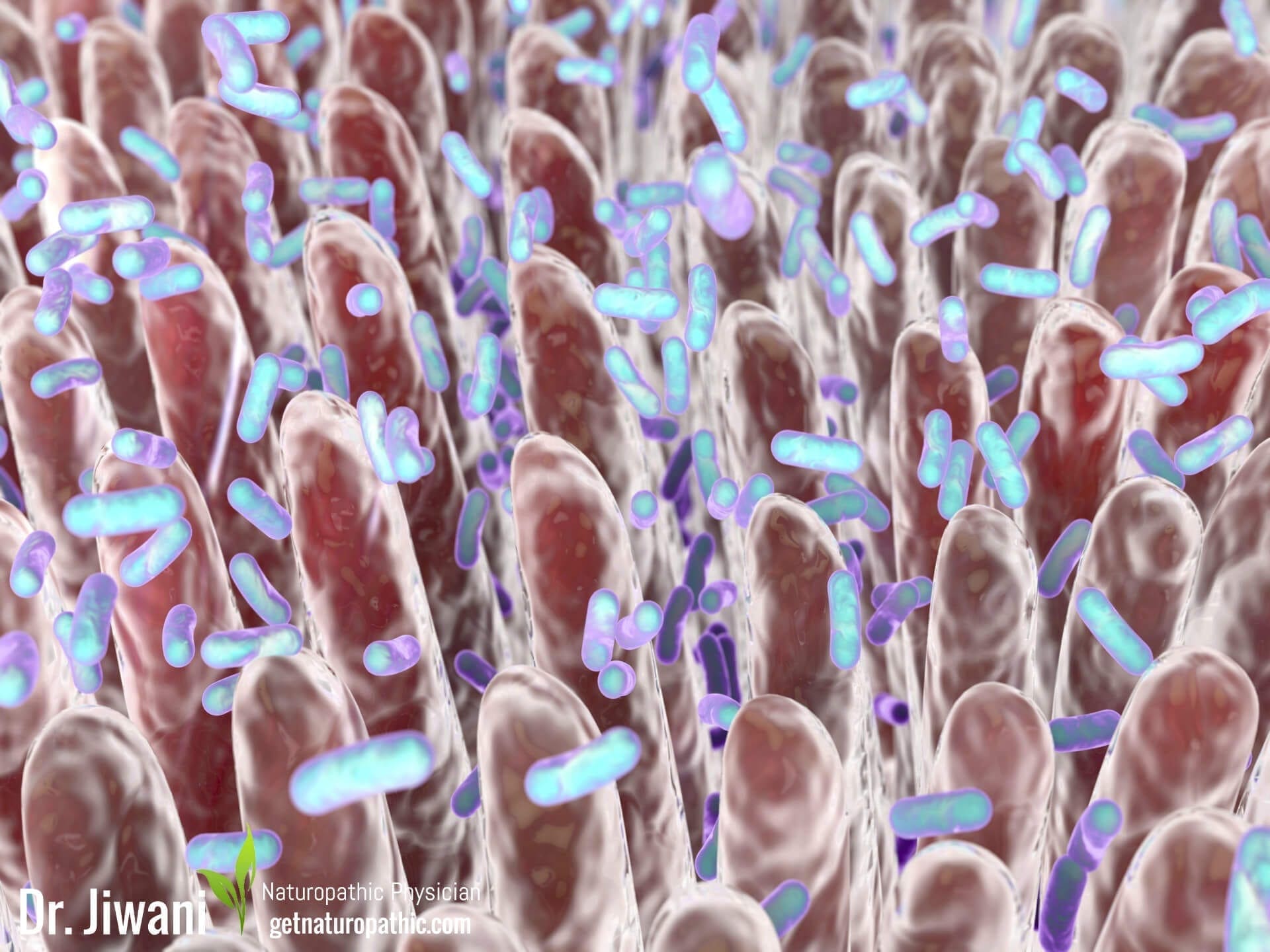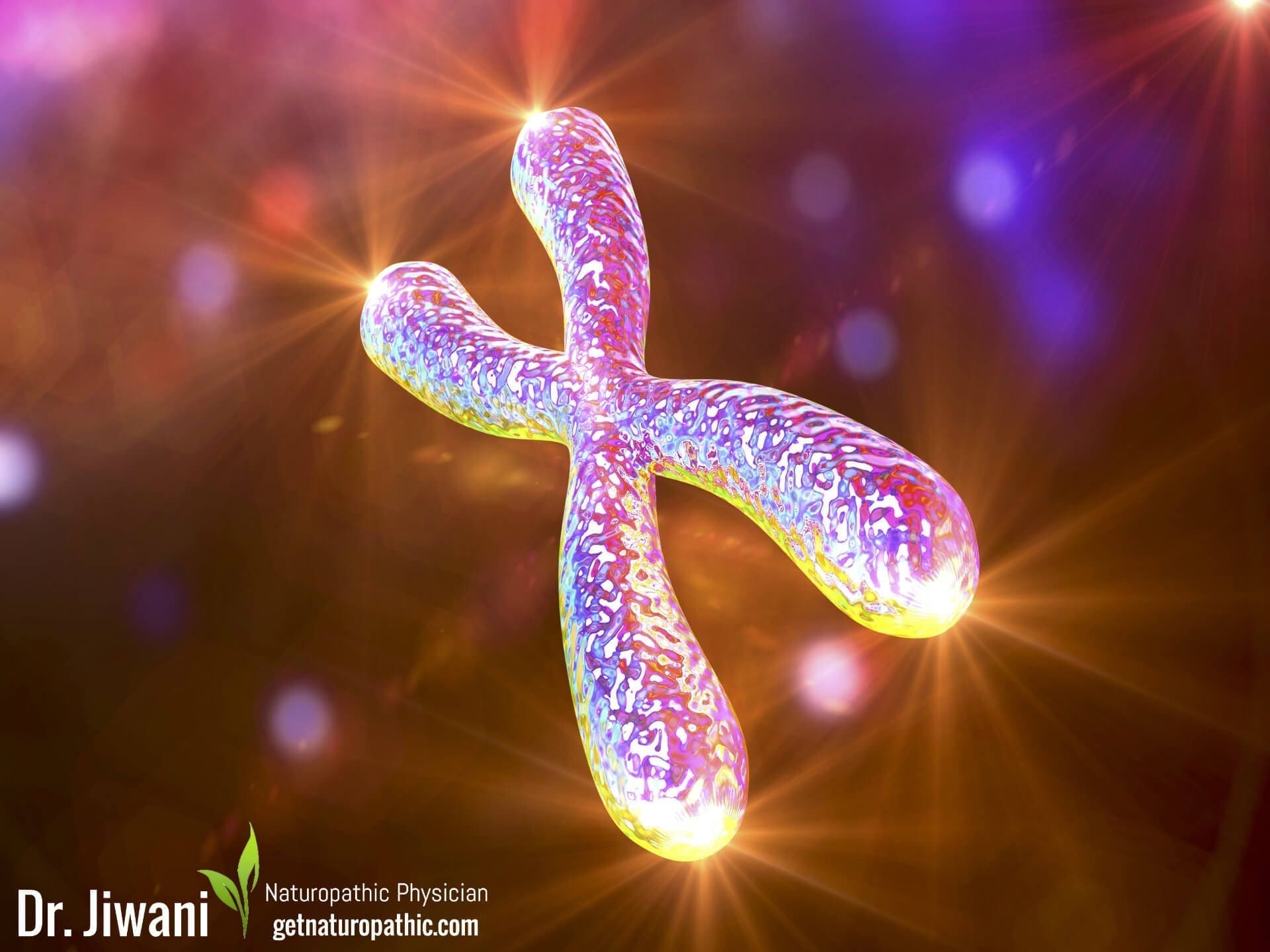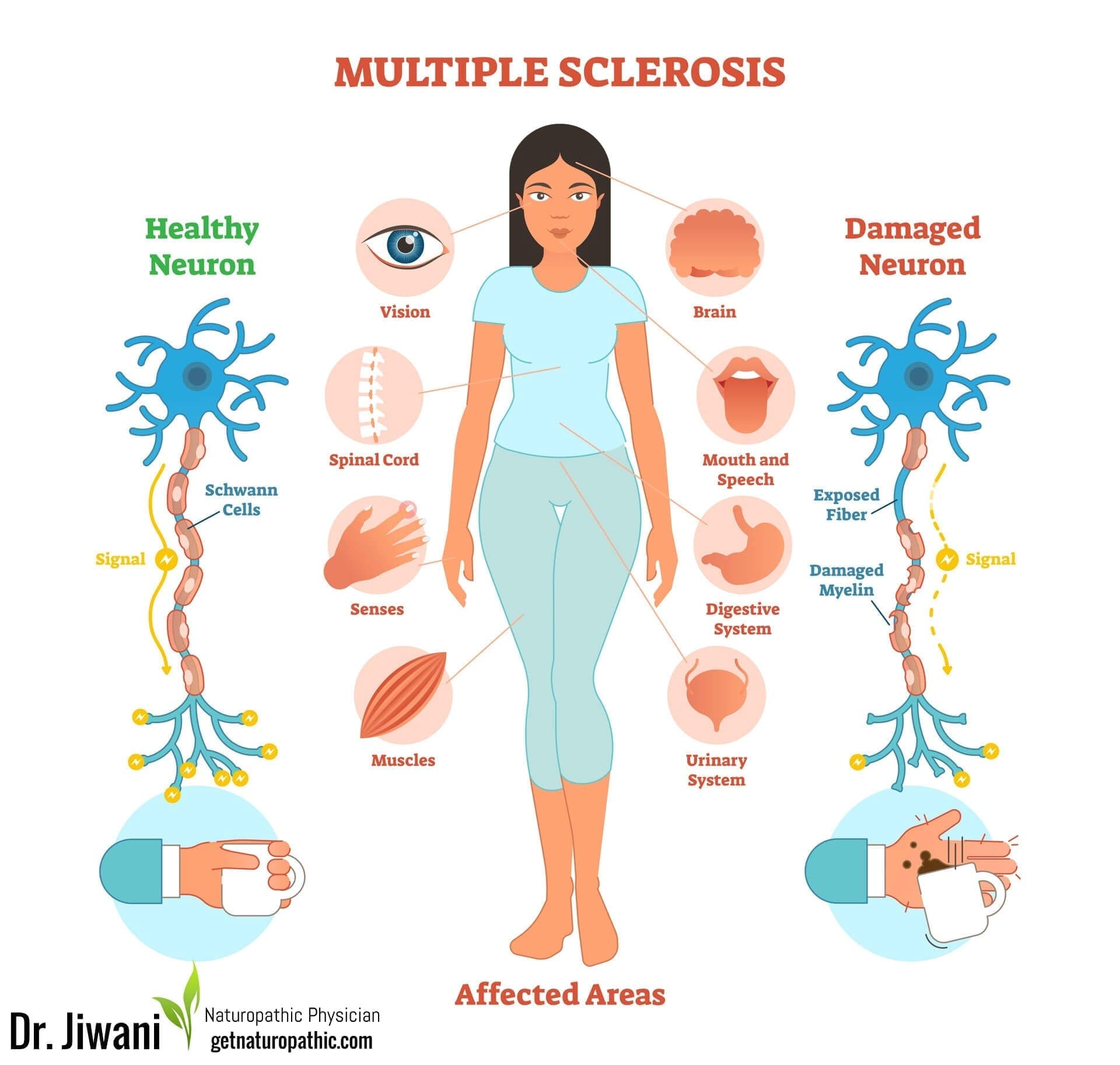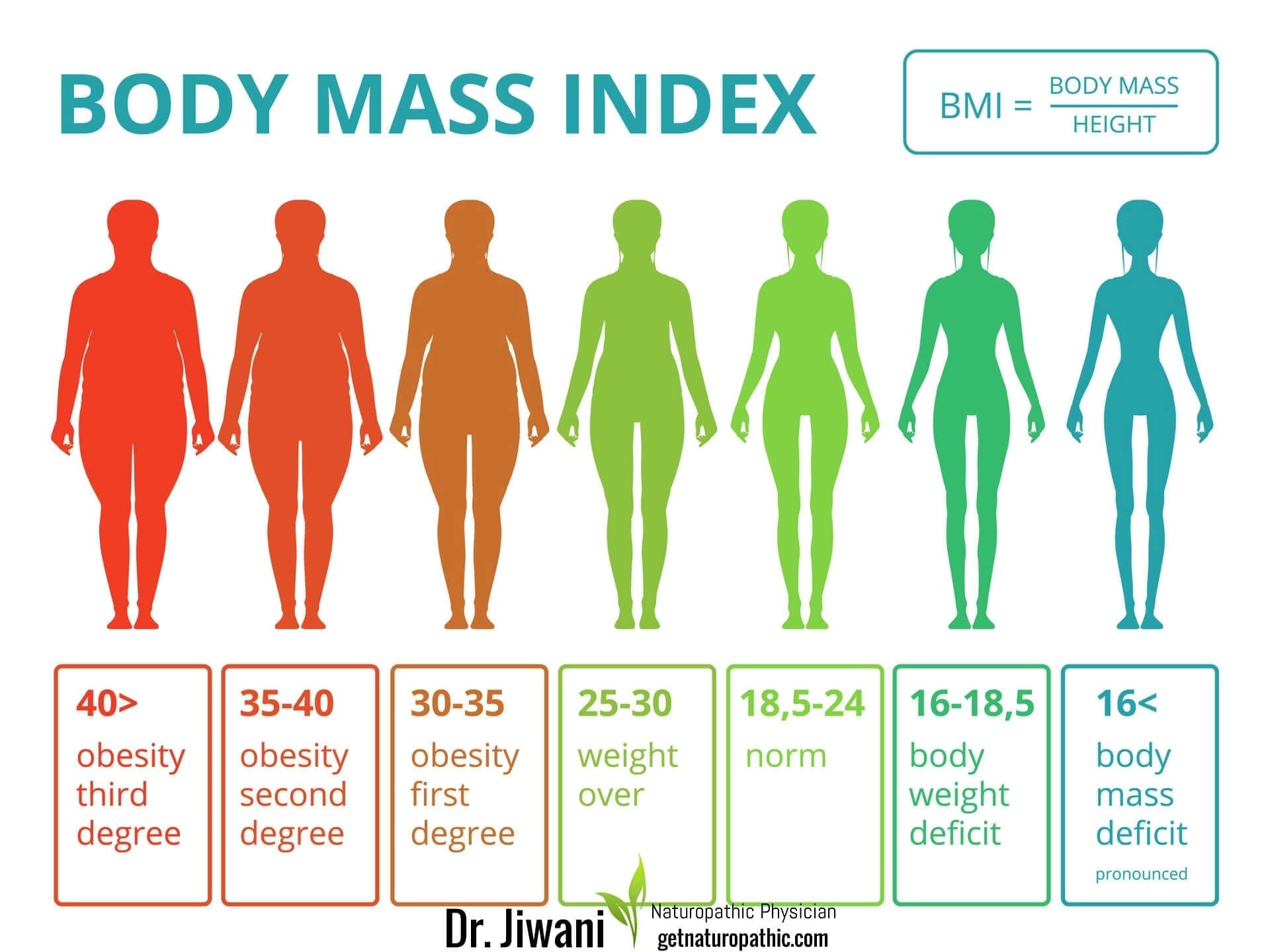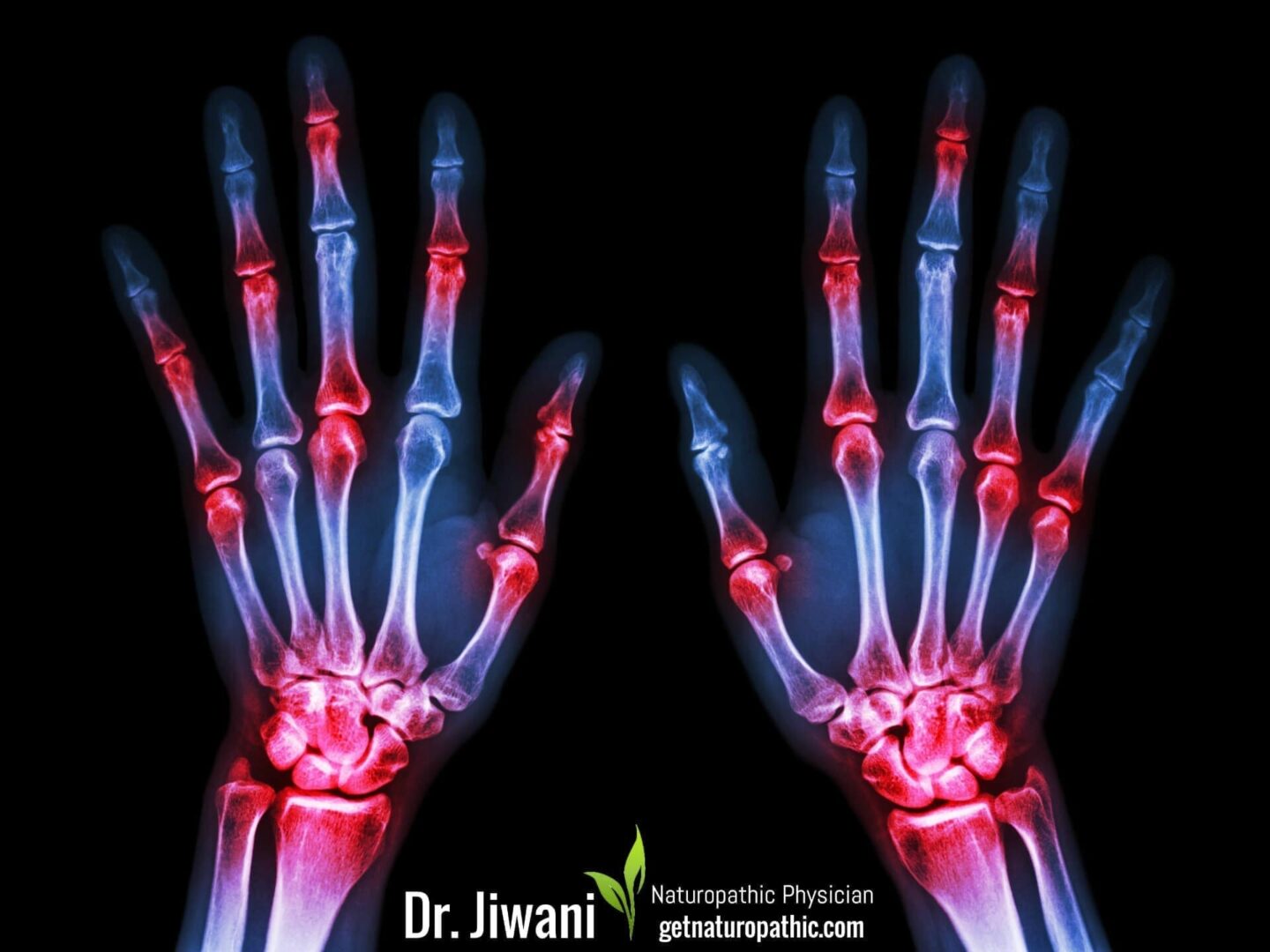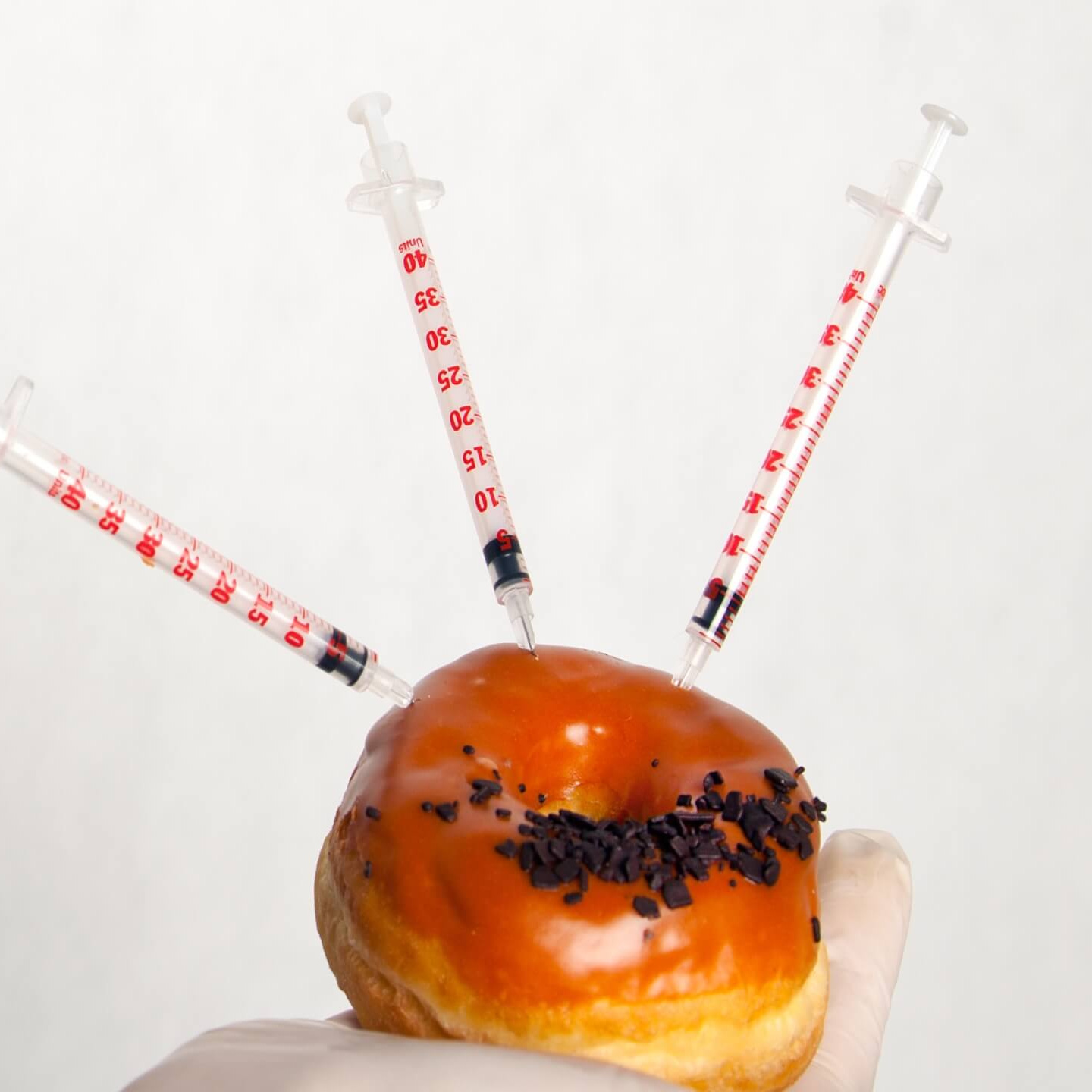Home »
Popular Posts
Intermittent Fasting for Health, Energy & Weight Loss
Naturopathic Nuggets about Intermittent Fasting
- Intermittent Fasting is an age old remedy imperative for optimal health, and can be done without detrimental health consequences.
- Your body has only two states. For absolute health benefits you want your fasting state to be longer than your fed state.
- Intermittent Fasting may be right for you if you would like long-term weight loss, better brain function, reduced inflammation, improved stamina & strength, gut health, to address autoimmunity and prevent cancer, diabetes and heart disease.
- Please consult your licensed Naturopathic Physician for assistance with Intermittent Fasting especially if you suffer from Autoimmune Disease, Adrenal Fatigue, Anxiety, Digestive Issues, Food Allergies, Hormonal Imbalance, Hypoglycemia, Leaky Gut, Perimenopause, Sleep Issues, Stress or Thyroid Disease
If you would like long-term weight loss, better brain function, reduced inflammation, improved stamina & strength, gut health, to address autoimmunity and prevent cancer, diabetes and heart disease, then Intermittent Fasting (IF) may be for you. Growing research supports the age old remedy of cyclical feeding & fasting (not eating) for periods of time (Manoogian & Panda, 2017).
Intermittent Fasting for Health Fitness
Intermittent Fasting for Optimal Health
In fact, the term “breakfast” means to break the fasting period, which is typically done overnight. You are already doing this but you just need to reduce the amount of time you spend feeding versus fasting. It is crucial to realize that fasting is imperative for optimal health, and can be done without detrimental health consequences. Ultimately, fasting allows your body to burn fat. Body fat is basically energy reserves, meaning when you fast your body gets energy from burning your body fat.
Fasting is Safe & Healthy
Intermittent Fasting: Feeding vs. Fasting
Just as you have a sleep & awake cycle to physically rest your body, you need an appropriate length of rest for your digestive system and its hormones. Your body has only two states. A fed state and a fasting state. For absolute health benefits you want your fasting state to be longer than your fed state.
Less Feeding, More Fasting
Intermittent Fasting: Excess Feeding Causes Fat Gain
In our fed state, the food we eat can either be used for energy or stored as fat. The insulin hormone is what allows us to store our food energy (glucose). Insulin signals the liver to store sugar as glycogen. Because there is limited space in the liver, excess sugar is converted to fat by the liver. Most of the fat is stored in other parts of the body, but excess fat in the liver can cause Fatty Liver.
Feeding State —> Blood Sugar High Increases INSULIN Hormone —> LIVER stores Sugar Glycogen + LIVER makes FAT from Excess Sugar
Fasting State —> Blood Sugar Low Decreases INSULIN —> LIVER releases Sugar lasts 24-36h –> BODY FAT burned for Energy Ketones
Intermittent Fasting Prevents Fatty Liver
Intermittent Fasting: Initial Fasting Burns Carbs
In our fasting state, not eating causes the reverse process. Insulin hormone levels drop, the blood sugar is low, which signals the body to use glycogen reserves in the liver for energy. But this only lasts 24 – 36 hours so thereafter the body fat is burned for energy.
Sugar Stored in Liver is Short Lived
Intermittent Fasting: Burning Fat for Fuel
The purpose of Intermittent Fasting is to provide enough time for the body’s glycogen reserves to deplete so that body fat can be burned. The window can be anywhere from 12-16 hours of fasting. Eating consistently from waking to bedtime defeats this purpose, as you are continually storing fat, exhausting your digestion, immunity and reparative mechanisms.
Intermittent Fasting Window 12-16 hours
Scientific Benefits of Intermittent Fasting
Intermittent Fasting causes many cellular, genetic & molecular changes. Fasting creates a stress on the body similar to exercise that provokes the body to improve in function for survival. There has been a lot of research discussing the benefits of Intermittent Fasting, which include:
Intermittent Fasting & Anti-Aging
Intermittent Fasting promotes cell repair & regeneration, autophagy (recycling), reduces cell damage & inflammation, optimizes metabolism while improving cell protection. Through all these mechanisms, Intermittent Fasting prevents cellular aging while reducing age-related diseases (Longo & Mattson, 2014). Intermittent Fasting has shown to improve aging through reducing oxidative stress, improving metabolism (Wegman et al., 2015), and gene expression to advocate longevity & prevention of disease (Zhu, Yan, Gius, & Vassilopoulos, 2013).
Intermittent Fasting & Autoimmune
Intermittent Fasting has powerful researched effects on those with Autoimmune Diseases including Rheumatoid Arthritis (RA), Lupus, Scleroderma, Polymyositis, Mixed Connective Tissue Disease (MCTD) and Multiple Sclerosis (MS).
Fasting induces many mechanisms that reduce the immune attack on your body. Just taking a break from eating gives your body a rest from digestion & combating inflammatory, allergenic foods. These mechanisms that fasting uses to combat autoimmunity include autophagy, reducing inflammation and repairing your leaky gut.
All disease stems from inflammation; the degree of inflammation dictates how severe your autoimmunity is. Intermittent Fasting decreases pro-inflammatory cytokines (cells that make the disease worse) (Choi et al., 2016) and overall inflammation, while improving resistance to stressors that aggravate autoimmunity.
Leptin, a hormone made by fat cells to reduce hunger, is also a pro-inflammatory cytokine. This and other proteins from your fat cells influence inflammation, thereby promoting the onset and progression of autoimmunity. Intermittent fasting has shown to dramatically reduce Leptin in autoimmune patients, including Diabetes Type 1, Hepatitis, Lupus, Multiple Sclerosis, Psoriasis, and Ulcerative Colitis (Hutcheson, 2015).
It makes sense that obesity is associated with many autoimmune diseases. The excess fat secretes excess pro-inflammatory proteins that start & prolong autoimmunity. Intermittent Fasting stimulates fat burning to reduce excess fat and resulting inflammation.
Ketosis also increases glutathione levels in your cell’s powerhouse, the mitochondria. Glutathione is your most powerful antioxidant and protects your DNA from damage (Jarrett, Milder, Liang, & Patel 2008). Patients with autoimmunity tend to have very low levels of glutathione. This is because chronic inflammation causes weakened antioxidant defences, leading to oxidative stress. Glutathione is the main component of your antioxidant defence system, and its lowered levels cause chronic degenerative diseases, such as inflammatory or autoimmune related (Perricone C, Carolis, & Perricone R, 2009).
Intermittent Fasting & Autophagy
The fasting state triggers a natural process called autophagy, which is your body’s cleanup crew. Autophagy is when cells recycle their damaged parts and remodel them into new, healthy cells. This adaptive response to stress promotes survival and delays aging. Autophagy helps prevent cancer & chronic disease (Alirezaei et al., 2010).
Intermittent Fasting & Asthma
Intermittent Fasting improves lung health by reducing oxidative stress & inflammation in the lungs. Patients noticed their asthma-related symptoms & quality of life markedly improved (Johnson et al., 2007).
Intermittent Fasting & Blood Pressure
Blood pressure is lower in those who practice Intermittent Fasting (Dewanti, Watanable, Sulistiawati, & Ohtsuka, 2006). A new study published in the Journal of the American Society of Hypertension found that Intermittent Fasting causes a significant reduction in blood pressure at the office & in motion (ambulatory), with a greater variability in blood pressure. This variability was higher in those who ate before sunrise, and lower in those with a high body mass index (BMI). The study also found that twenty-four hour urinary sodium excretion decreased, which reflects lower blood pressure and less damage to the kidney’s arteries (Erdem et al., 2018)(Huang et al., 2016).
Intermittent Fasting for Blood Sugar
Whether you’re diabetic or overweight, Intermittent Fasting does a wonderful job of improving fasting blood sugar, insulin resistance, and metabolism, resulting in body fat loss (Aly, 2014). In fact, fasting has shown to help weight loss and prevention of Diabetes Type 2 for ten years (Knowler et al., 2009).
Intermittent Fasting for Brain Function
Rat studies show that Intermittent Fasting is quite effective for improving brain function through:
- Improving Insulin Sensitivity (Anson et al., 2003)
- Increased Resistance to Brain Neuronal Damage (Anson et al., 2003)
- Reducing Age-Related Dementia including Alzheimer’s (Halagappa et al., 2007)
- Protecting the Heart & Circulation: reducing blood pressure, increased insulin sensitivity, improved adaptation to heart stress, reduced oxidative damage, increased cellular stress resistance (Mattson & Wan, 2005) similar to physical exercise due to the same mechanisms
Intermittent Fasting for Cancer
Chronic inflammation has been linked to various cancers (Coussens & Werb, 2002). Obesity & Diabetes have both been linked to Breast Cancer. Intermittent fasting lowers overall inflammation, improves insulin resistance and promotes weight loss. Intermittent Fasting, eating more frequently, and reducing evening calories has been studied to show lower systemic inflammation which reduces Breast Cancer risk (Marinac et al., 2015).
New research shows that Intermittent Fasting protects normal cells from cancerous metabolic conditions, decreasing cancer formation. Fasting slows tumor growth and improves the efficacy of chemotherapy drugs for certain cancers. This is due to the Sirtuins, a family of proteins associated with longevity, metabolism and the stress response. Fasting activates the Sirtuins to improve insulin effectiveness, antioxidant defence & glycogen (sugar stored in the liver) breakdown into energy. The anticancer effect of Sirtuins act by shifting the metabolism to less active & less prone to oxidative stress (Zhu, Yan, Gius, & Vassilopoulos, 2013).
Intermittent Fasting for Cholesterol
Intermittent fasting improves cholesterol by weight loss, lowering bad cholesterol (LDL), fasting blood sugar (FBS) & blood fat (triglycerides TG), while increasing good cholesterol (HDL) (Rothschild, Hoddy, Jambasian, & Varady, 2014). Research has shown that the beneficial effects of intermittent fasting come from two mechanisms – less damage from oxidation (cellular process) and improved cellular stress resistance. Intermittent Fasting has the same effects as physical exercise as they share the same mechanisms (Mattson & Wan, 2005), improving cardiovascular risk (Brown, Mosley, & Aldred, 2013).
Intermittent Fasting for Cravings
A common battle when dieting is cravings. Intermittent Fasting causes hormonal changes that combat cravings by decreasing ghrelin, the hunger hormone, improving leptin sensitivity so that you feel more full & satisfied, while increasing your brain’s dopamine levels (Bastani, Rajabi, & Kianimarkani, 2017). Additionally, Intermittent Fasting stabilizes blood sugar and stimulates ketosis, which reduces appetite and carbohydrate cravings, as your body adapts to burning fat for fuel.
Intermittent Fasting for Diabetes Prevention & Treatment
Whether you’re diabetic or overweight, Intermittent Fasting does a wonderful job of improving insulin resistance and metabolism, resulting in body fat loss (Aly, 2014). In fact, fasting has shown to help weight loss and prevention of Diabetes Type 2 for ten years (Knowler et al., 2009). Intermittent Fasting showed greater improvements in insulin sensitivity & weight control than calorie restriction (Harvie et al., 2013).
Intermittent Fasting for Epilepsy
Intermittent Fasting triggers a fat burning state called Ketosis. Ketogenic diets are ways of eating to maintain the fat burning state, ketosis, and have been used historically for patients with epilepsy with proven benefit (Levy, Cooper, Giri, & Weston, 2012).
Intermittent Fasting for Fat Burning (Ketosis)
In our fasting state, not eating causes insulin hormone levels to drop as the blood sugar is low, which signals the body to use glycogen (sugar) reserves in the liver for energy. But this only lasts 24 – 36 hours. Thereafter the body fat is burned for energy.
The purpose of Intermittent Fasting is to provide enough time for the body’s glycogen reserves to deplete so that body fat can be burned. The window can be anywhere from 12-16 hours of fasting. It is then that fat burning or ketogenesis begins. A KETO state is when your body burns fat for energy instead of carbs (sugar). Ketones are produced from this state hence the name “ketosis”.
Intermittent Fasting for Fibromyalgia
An Intermittent Fasting study showed that a significant reduction in the severity of fibromyalgia symptoms occurred in the fasting group (Michalsen et al., 2005). Newer clinical trials shows that intermittent fasting improves chronic pain syndromes, with increased alertness and mood enhancement.
This is supported by experimental research that found fasting increases your brain’s availability of serotonin, endogenous opioids and endocannabinoids. Fasting also activates the neurological hormones and a mild stress response in the cells that improves mood (Michalsen, 2010). There is a link between mood disorders and fibromyalgia (Hudson, Arnold, Keck, Auchenback, & Pope, 2004)
Intermittent Fasting for Gut Health (see Leaky Gut)
Intermittent Fasting extends lifespan through various mechanisms to improve gut health. Increased resistance to starvation, oxidative & external stress occurred after intermittent fasting. In fact, forty days after fasting, a reduction in age-related diseases and improved gut barrier function occurred, as well as reduced bad bacteria in the microbiome. The best part is that early Intermittent Fasting induces profound long term changes (Catterson et al., 2018).
Lowered inflammation from Intermittent Fasting improves gut conditions such as Irritable Bowel Syndrome, Ulcerative Colitis, & Crohn’s Disease.
Intermittent Fasting for Heart Disease
Intermittent fasting reduces heart disease risk by improving weight loss, lowering bad cholesterol (LDL), fasting blood sugar (FBS) & blood fat (triglycerides TG), while increasing good cholesterol (HDL) (Rothschild, Hoddy, Jambasian, & Varady, 2014). Research has shown that the beneficial effects of intermittent fasting come from two mechanisms – less damage from oxidation (cellular process) and improved cellular stress resistance. Intermittent Fasting has the same effects as physical exercise as they share the same mechanisms (Mattson & Wan, 2005)
Intermittent Fasting for Insulin Resistance
Whether you’re diabetic or overweight, Intermittent Fasting does a wonderful job of improving insulin resistance and metabolism, resulting in body fat loss (Aly, 2014). In fact, fasting has shown to help weight loss and prevention of Diabetes Type 2 for ten years (Knowler et al., 2009). Intermittent Fasting showed greater improvements in insulin sensitivity & weight control than calorie restriction (Harvie et al., 2013).
Intermittent Fasting for Immunity
Intermittent fasting normalizes immunity, stifling autoimmune responses. This may be due to fasting minimizes allergic inflammation & immune dysfunction from food allergies. Stress can trigger immune dysfunction. Intermittent Fasting regulates your body’s response to stress to minimize its negative effects.
Intermittent Fasting for Inflammation
All disease stems from inflammation; the degree of inflammation dictates how severe your disease is. Chronic Inflammation can lead to:
- Autoimmune Diseases (Rheumatoid Arthritis (RA),Psoriasis/Psoriatic Arthritis, Multiple Sclerosis, Systemic Lupus Erythematosus (Lupus), Inflammatory Bowel Disease, Addison’s Disease, Graves’ Disease, Hashimoto’s Thyroiditis)
- Bone, Muscular & Skeletal Diseases
- Cancer
- Diabetic Complications
- Heart Disease & Stroke
- Inflammatory Diseases (Asthma, Eczema, Colitis, Arthritis)
- Metabolic Disorders
- Neurological Disorders (Parkinson’s & Alzheimer’s)
Intermittent Fasting decreases pro-inflammatory cytokines (cells that make the disease worse) & overall inflammation, while improving resistance to stressors that aggravate diseases.
Intermittent Fasting for Ketosis (Fat Burning)
The purpose of Intermittent Fasting is to provide enough time for the body’s glycogen reserves to deplete so that body fat can be burned. The window can be anywhere from 12-16 hours of fasting. It is then that fat burning or ketogenesis begins. A KETO state is when your body burns fat for energy instead of carbs (sugar). Ketones are produced from this state hence the name “ketosis”.
Ketogenic diets have been used historically for patients with epilepsy with proven benefit (Levy, Cooper, Giri, & Weston, 2012). Ketosis also increases antioxidant (glutathione) levels in the cell’s powerhouse, mitochondria and protects it from damage (Jarrett, Milder, Liang, & Patel 2008), explaining its prevention of autoimmunity.
Intermittent Fasting for Leaky Gut
Intermittent Fasting extends lifespan through various mechanisms to improve gut health. Increased resistance to starvation, oxidative & external stress occurred after intermittent fasting. In fact, forty days after fasting, a reduction in age-related diseases and improved gut barrier function occurred, as well as reduced bad bacteria in the microbiome. The best part is that early Intermittent Fasting induces profound long term changes (Catterson et al., 2018).
Intermittent Fasting improves leaky gut (intestinal permeability) by improving resistance to stressors including food allergies, improving gut bacteria balance, and reducing inflammation at the gut level which causes leaky gut in the first place.
Proper immunity towards food relies on the intestinal permeability of the gut to regulate passage of nutrients and restrict larger molecules. This regulation relies on complex physical, chemical & immune mechanisms. In predisposed individuals, when food allergies develop they cause allergic reactions & inflammation damaging the gut lining, increasing intestinal permeability. This intestinal barrier dysfunction means more allergens enter through the leaky gut, triggering more inflammation, which perpetuates the vicious cycle including the development of more food allergies, per Perrier, 2011.
Autoimmune damage occurs from an impaired gut barrier, leaky gut, wherein the tight junctions are damaged or inflamed (Fasano, 2012). Intermittent Fasting induces many mechanisms that reduce the immune attack on your body. Just taking a break from eating gives your body a rest from digestion & combating inflammatory, allergenic foods. Mechanisms that fasting uses to combat autoimmunity include autophagy, reducing inflammation and repairing your leaky gut, by sealing the tight junctions.
Gut bacterial balance (microbiome) plays a critical role in regulating intestinal permeability per Kelly 2015. Negative microbiome changes can cause Leaky Gut Syndrome, and leads to overgrowth of bad bacteria, yeast & fungi which can enter the body through the leaky gut causing systemic yeast infection (Candidiasis).
Intermittent Fasting for Longevity & Disease Prevention
Rat studies show that Intermittent Fasting is quite effective for disease prevention and improving longevity through:
- Improving Insulin Sensitivity (Anson et al., 2003)
- Preventing Breast Cancer (Cleary et al., 2002)(Berrigan, Perkins, Haines, & Hursting, 2002)
- Protecting Against Prostate Cancer (Bonorden et al., 2009)
- Increased Resistance to Brain Neuronal Damage Alzheimer’s & Parkinson’s (Anson et al., 2003)
- Reducing Age-Related Dementia including Alzheimer’s (Halagappa et al., 2007)
- Protecting the Heart: reducing blood pressure, increased insulin sensitivity, improved adaptation to heart stress, reduced oxidative damage, increased cellular stress resistance (Mattson & Wan, 2005) similar to physical exercise due to the same mechanisms
- Improving Lifespan: fasting mice survived much longer than fed mice despite the fasting mice being a heavier body weight. Even autoimmune-prone mice had prolonged life-span with intermittent fasting (Sogawa & Kubo, 2000)
Intermittent Fasting for MCTD Mixed Connective Tissue Disease
MCTD Mixed Connective Tissue Disease is an autoimmune disease that combines Lupus, Scleroderma, Polymyositis. See Autoimmune.
Intermittent Fasting for Multiple Sclerosis (MS)
Multiple Sclerosis (MS) is an autoimmune disease where the coating of nerves are destroyed by the immune system, causing the nerves to degenerate, muscle function to slow down, ultimately leading to disability. Studies show that Intermittent Fasting regenerates and reduces autoimmunity, completely reversing symptoms in 20% of mice with Multiple Sclerosis. This is due to the fasting effects of reduced inflammation, preventing nerve damage; normalized immune cells, reducing autoimmune reactions; and reduced pro-inflammatory T cells, preventing autoimmunity (Choi et al., 2016).
Intermittent Fasting for Muscle Gain
Intermittent Fasting increases Human Growth Hormone (HGH) up to 5X which accounts for muscle gain. Less muscle mass was lost with intermittent calorie restriction compared to daily calorie restriction, making Intermittent Fasting more affective for changing body composition, with loss of body fat & visceral fat while maintaining lean muscle (Varady, 2011).
Intermittent Fasting for Obesity
Whether you’re diabetic or overweight, Intermittent Fasting does a wonderful job of improving insulin resistance and metabolism, resulting in body fat loss (Aly, 2014). In fact, fasting has shown to help weight loss and prevention of Diabetes Type 2 for ten years (Knowler et al., 2009). Intermittent Fasting showed greater improvements in insulin sensitivity & weight control than calorie restriction (Harvie et al., 2013).
Intermittent Fasting is a successful option for weight loss and maintenance by eating less meals & less calories(Johnstone, 2015). Hormonal changes from fasting that promotes fat loss include lower insulin, higher growth hormone & adrenalin. Additionally, your leptin (full hormone) sensitivity increases, while ghrelin (hunger hormone) is stable which prevents overeating. In fact, intermittent fasting increases your metabolism by up to 15% meaning more calories are burned at rest (Zauner et al., 2000).
Intermittent Fasting for Stress
Research has shown that the beneficial effects of intermittent fasting come from two mechanisms – less damage from oxidation (cellular process) and improved cellular stress resistance. Intermittent Fasting has the same effects as physical exercise as they share the same mechanisms. During fasting, the body is under mild stress. The cells adapt to the stress by enhancing their ability to cope with stress and resist disease (Mattson & Wan, 2005).
Intermittent Fasting for Weight Loss
Whether you’re diabetic or overweight, Intermittent Fasting does a wonderful job of improving insulin resistance and metabolism, resulting in body fat loss (Aly, 2014). In fact, fasting has shown to help weight loss and prevention of Diabetes Type 2 for ten years (Knowler et al., 2009). Intermittent Fasting showed greater improvements in insulin sensitivity & weight control than calorie restriction (Harvie et al., 2013).
Intermittent Fasting is a successful option for weight loss and maintenance by eating less meals & less calories(Johnstone, 2015). Hormonal changes from fasting that promotes fat loss include lower insulin, higher growth hormone & adrenalin (Mansell, Fellows, & Macdonald, 1990). Additionally, your leptin (full hormone) sensitivity increases, while ghrelin (hunger hormone) is stable which prevents overeating.
Leptin resistance is caused by chronic inflammation that affects the receptor sites. Intermittent fasting reduces inflammation, improving leptin sensitivity so the body burns fat for energy. In fact, intermittent fasting increases your metabolism by up to 15% meaning more calories are burned at rest (Zauner et al., 2000).
The effects of intermittent calorie restriction versus continuous calorie restriction on weight loss & metabolic disease risk was examined. Intermittent Fasting was found to improve many health biomarkers including (Harvie et al., 2011):
- Reduce Leptin (full hormone); Improve Leptin Sensitivity to feel more full & satisfied
- Reduce High Sensitivity C-Reactive Protein CRP (inflammation marker)
- Reduce Total & Bad Cholesterol (LDL)
- Reduce Blood Pressure
- Reduce Fasting Insulin & Insulin Resistance
- Increase Sex Hormone Binding Globulin (SHBG)
- Increase Insulin-like Growth Factor (IGF) Binding Proteins 1 & 2 (Low levels linked to Metabolic Syndrome & Diabetes)(Lewitt et al., 2010)
Cautions with Intermittent Fasting
Although Intermittent Fasting sounds wonderful, it may not be for everyone to manage alone. It is best to seek the advice of a licensed Naturopathic Physician in your area for help in overseeing your health endeavours. This is especially true if you suffer from:
Related Thyroid Disease: The Missing Piece of Your Health Puzzle
References
Anson RM, Guo Z, de Cabo R, Iyun T, Rios M, Hagepanos A, Ingram DK, Lane MA, Mattson MP. Intermittent fasting dissociates beneficial effects of dietary restriction on glucose metabolism and neuronal resistance to injury from calorie intake. Proceedings of the National Academy of Sciences. 2003 May 13;100(10):6216-20.
Alirezaei M, Kemball CC, Flynn CT, Wood MR, Whitton JL, Kiosses WB. Short-term fasting induces profound neuronal autophagy. Autophagy. 2010 Aug 16;6(6):702-10.
Bastani A, Rajabi S, Kianimarkani F. The effects of fasting during Ramadan on the concentration of serotonin, dopamine, brain-derived neurotrophic factor and nerve growth factor. Neurology International. 2017 Jun 23;9(2).
Berrigan D, Perkins SN, Haines DC, Hursting SD. Adult-onset calorie restriction and fasting delay spontaneous tumorigenesis in p53-deficient mice. Carcinogenesis. 2002 May 1;23(5):817-22.
Bonorden MJ, Rogozina OP, Kluczny CM, Grossmann ME, Grande JP, Lokshin A, Cleary MP. Cross‐sectional analysis of intermittent versus chronic caloric restriction in the TRAMP mouse. The Prostate. 2009 Feb 15;69(3):317-26.
Brown JE, Mosley M, Aldred S. Intermittent fasting: a dietary intervention for prevention of diabetes and cardiovascular disease?. The British Journal of Diabetes & Vascular Disease. 2013 Mar;13(2):68-72.
Choi IY, Piccio L, Childress P, Bollman B, Ghosh A, Brandhorst S, Suarez J, Michalsen A, Cross AH, Morgan TE, Wei M. A diet mimicking fasting promotes regeneration and reduces autoimmunity and multiple sclerosis symptoms. Cell Reports. 2016 Jun 7;15(10):2136-46.
Cleary MP, Jacobson MK, Phillips FC, Getzin SC, Grande JP, Maihle NJ. Weight-cycling decreases incidence and increases latency of mammary tumors to a greater extent than does chronic caloric restriction in mouse mammary tumor virus-transforming growth factor-α female mice. Cancer Epidemiology and Prevention Biomarkers. 2002 Sep 1;11(9):836-43.
Coussens LM, Werb Z. Inflammation and cancer. Nature. 2002 Dec 19;420(6917):860.
Dewanti L, Watanabe C, Ohtsuka R. Unexpected changes in blood pressure and hematological parameters among fasting and nonfasting workers during Ramadan in Indonesia. European Journal of Clinical Nutrition. 2006 Jul;60(7):877.
Diabetes Prevention Program Research Group, Knowler WC, Fowler SE, Hamman RF, Christophi CA, Hoffman HJ, Brenneman AT, Brown-Friday JO, Goldberg R, Venditti E, Nathan DM. 10-year follow-up of diabetes incidence and weight loss in the Diabetes Prevention Program Outcomes Study. The Lancet. 2009 Nov 14;374(9702):1677-86.
Dinarello CA. Proinflammatory cytokines. Chest. 2000 Aug 1;118(2):503-8.
Erdem Y, Özkan G, Ulusoy Ş, Arıcı M, Derici Ü, Şengül Ş, Sindel Ş, Ertürk Ş, of Hypertension TS. The effect of intermittent fasting on blood pressure variability in patients with newly diagnosed hypertension or prehypertension. Journal of the American Society of Hypertension. 2018 Jan 31;12(1):42-9.
Fasano A. Leaky gut and autoimmune diseases. Clinical Reviews in Allergy & Immunology. 2012 Feb 1;42(1):71-8.
Goldenberg DL, Bradley LA, Arnold LM, Glass JM, Clauw DJ. Understanding fibromyalgia and its related disorders. Prim Care Companion Journal of Clinical Psychiatry. 2008 May 30;10(2):133-44.
Halagappa VK, Guo Z, Pearson M, Matsuoka Y, Cutler RG, LaFerla FM, Mattson MP. Intermittent fasting and caloric restriction ameliorate age-related behavioral deficits in the triple-transgenic mouse model of Alzheimer’s disease. Neurobiology of Disease. 2007 Apr 30;26(1):212-20.
Harvie MN, Pegington M, Mattson MP, Frystyk J, Dillon B, Evans G, Cuzick J, Jebb SA, Martin B, Cutler RG, Son TG. The effects of intermittent or continuous energy restriction on weight loss and metabolic disease risk markers: a randomized trial in young overweight women. International Journal of Obesity. 2011 May;35(5):714.
Harvie M, Wright C, Pegington M, McMullan D, Mitchell E, Martin B, Cutler RG, Evans G, Whiteside S, Maudsley S, Camandola S. The effect of intermittent energy and carbohydrate restriction v. daily energy restriction on weight loss and metabolic disease risk markers in overweight women. British Journal of Nutrition. 2013 Oct;110(8):1534-47.
Huang F, Yu P, Yuan Y, Li Q, Lin F, Gao Z, Chen F, Zhu P. The relationship between sodium excretion and blood pressure, urine albumin, central retinal arteriolar equivalent. BMC Cardiovascular Disorders. 2016 Dec;16(1):194.
Hudson JI, Arnold LM, Keck Jr PE, Auchenbach MB, Pope Jr HG. Family study of fibromyalgia and affective spectrum disorder. Biological Psychiatry. 2004 Dec 1;56(11):884-91.
Hutcheson J. Adipokines influence the inflammatory balance in autoimmunity. Cytokine. 2015 Oct 1;75(2):272-9.
Jarrett SG, Milder JB, Liang LP, Patel M. The ketogenic diet increases mitochondrial glutathione levels. Journal of Neurochemistry. 2008 Aug;106(3):1044-51.
Johnson JB, Summer W, Cutler RG, Martin B, Hyun DH, Dixit VD, Pearson M, Nassar M, Tellejohan R, Maudsley S, Carlson O. Alternate day calorie restriction improves clinical findings and reduces markers of oxidative stress and inflammation in overweight adults with moderate asthma. Free Radical Biology and Medicine. 2007 Mar 1;42(5):665-74.
Kelly JR, Kennedy PJ, Cryan JF, Dinan TG, Clarke G, Hyland NP. Breaking down the barriers: the gut microbiome, intestinal permeability and stress-related psychiatric disorders. Frontiers in Cellular Neuroscience. 2015 Oct 14;9:392.
Levy RG, Cooper PN, Giri P, Weston J. Ketogenic diet and other dietary treatments for epilepsy. Cochrane Database of Systematic Reviews. 2012(3).
Lewitt M, Hilding A, Brismar K, Efendic S, Östenson CG, Hall K. Insulin-like growth factor-binding protein-1 and abdominal obesity in the development of type 2 diabetes in women. European Journal of Endocrinology. 2010 May 27.
Manoogian EN, Panda S. Circadian rhythms, time-restricted feeding, and healthy aging. Ageing Research Reviews. 2017 Oct 1;39:59-67.
Mansell PI, Fellows IW, Macdonald IA. Enhanced thermogenic response to epinephrine after 48-h starvation in humans. American Journal of Physiology-Regulatory, Integrative and Comparative Physiology. 1990 Jan 1;258(1):R87-93.
Marinac CR, Sears DD, Natarajan L, Gallo LC, Breen CI, Patterson RE. Frequency and circadian timing of eating may influence biomarkers of inflammation and insulin resistance associated with breast cancer risk. PloS One. 2015 Aug 25;10(8):e0136240.
Mattson MP, Wan R. Beneficial effects of intermittent fasting and caloric restriction on the cardiovascular and cerebrovascular systems. The Journal of Nutritional Biochemistry. 2005 Mar 1;16(3):129-37.
Michalsen A. Prolonged fasting as a method of mood enhancement in chronic pain syndromes: a review of clinical evidence and mechanisms. Current Pain and Headache Reports. 2010 Apr 1;14(2):80-7.
Michalsen A, Riegert M, Lüdtke R, Bäcker M, Langhorst J, Schwickert M, Dobos GJ. Mediterranean diet or extended fasting’s influence on changing the intestinal microflora, immunoglobulin A secretion and clinical outcome in patients with rheumatoid arthritis and fibromyalgia: an observational study. BMC Complementary and Alternative Medicine. 2005 Dec;5(1):22.
Müller H, de Toledo FW, Resch KL. Fasting followed by vegetarian diet in patients with rheumatoid arthritis: a systematic review. Scandinavian Journal of Rheumatology. 2001 Jan 1;30(1):1-0.
Perricone C, De Carolis C, Perricone R. Glutathione: a key player in autoimmunity. Autoimmunity Reviews. 2009 Jul 1;8(8):697-701.
Perrier C, Corthesy B. Gut permeability and food allergies. Clinical & Experimental Allergy. 2011 Jan 1;41(1):20-8.
Rothschild J, Hoddy KK, Jambazian P, Varady KA. Time‐restricted feeding and risk of metabolic disease: a review of human and animal studies. Nutrition Reviews. 2014 May;72(5):308-18.
Sogawa H, Kubo C. Influence of short-term repeated fasting on the longevity of female (NZB× NZW) F1 mice. Mechanisms of Ageing and Development. 2000 May 17;115(1-2):61-71.
Varady KA. Intermittent versus daily calorie restriction: which diet regimen is more effective for weight loss?. Obesity Reviews. 2011 Jul;12(7):e593-601.
Wegman MP, Guo MH, Bennion DM, Shankar MN, Chrzanowski SM, Goldberg LA, Xu J, Williams TA, Lu X, Hsu SI, Anton SD. Practicality of intermittent fasting in humans and its effect on oxidative stress and genes related to aging and metabolism. Rejuvenation Research. 2015 Apr 1;18(2):162-72.
Zauner C, Schneeweiss B, Kranz A, Madl C, Ratheiser K, Kramer L, Roth E, Schneider B, Lenz K. Resting energy expenditure in short-term starvation is increased as a result of an increase in serum norepinephrine. The American Journal of Clinical Nutrition. 2000 Jun 1;71(6):1511-5.
Zhu Y, Yan Y, Gius DR, Vassilopoulos A. Metabolic regulation of Sirtuins upon fasting and the implication for cancer. Current Opinion in Oncology. 2013 Nov;25(6):630.
This information is for educational purposes only and does not advocate self-diagnosis. Due to individual variability, consultation with a licensed health professional, such as a licensed naturopathic physician is highly recommended, prior to starting a natural treatment plan. For further information, see Terms of our Website.
Follow Dr. Jiwani
Popular Posts





